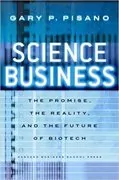Science
Explore books in the Science category
464 books in this category
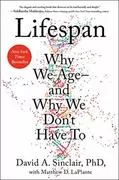
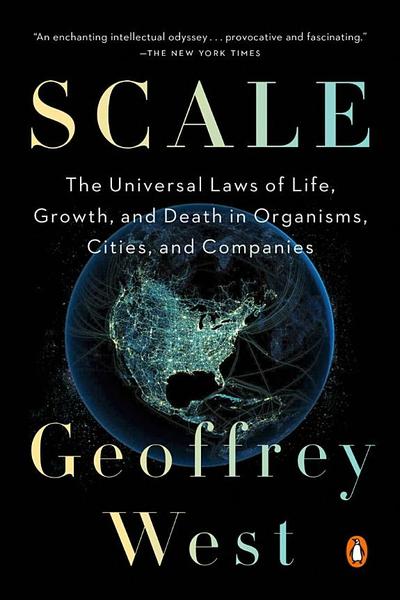
Scale
Geoffrey West
Examines the underlying mathematical principles governing growth and sustainability in organisms, cities, and companies.

Gödel, Escher, Bach
Douglas R. Hofstadter
A deep exploration of the connections between mathematics, art, and music, with reflections on consciousness and self-reference.
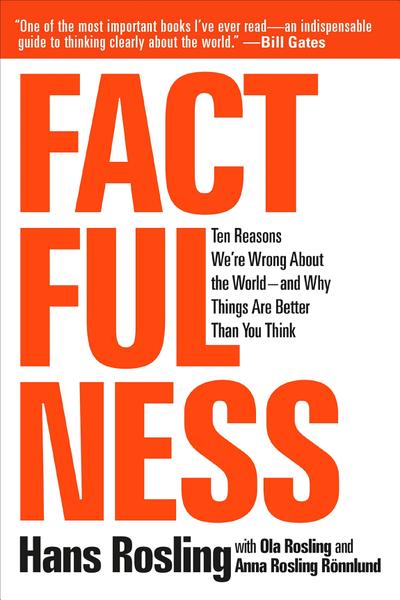
Factfulness
Hans Rosling
Debunks myths and misunderstandings about the state of the world, with a focus on data-driven optimism.
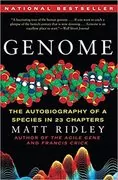
Genome
Matt Ridley
Explores each human chromosome to discuss genes and their roles in human history, biology, and evolution.

The Vital Question
Nick Lane
Explores the origins of life, examining how energy flow drives biological processes.
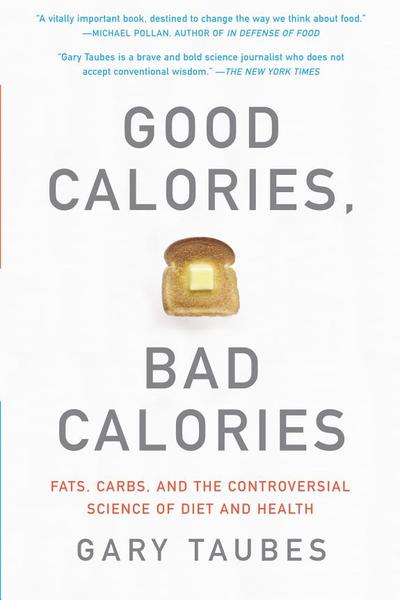
Good Calories, Bad Calories
Gary Taubes
Challenges conventional dietary wisdom, advocating for a low-carb, high-fat diet based on scientific research.
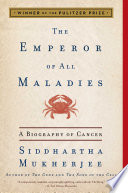
The Emperor of All Maladies
Siddhartha Mukherjee
A comprehensive "biography" of cancer, exploring its history, treatment advancements, and impact on humanity.
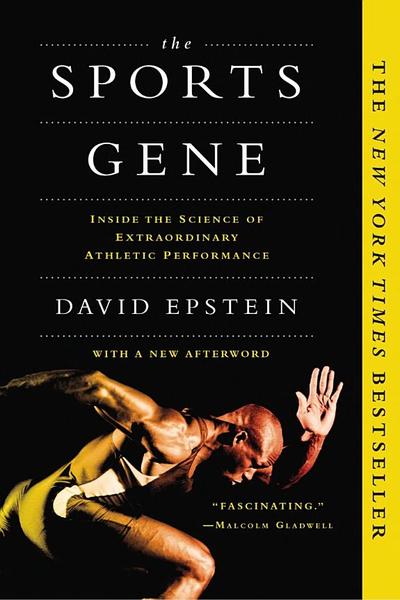
The Sports Gene
David Epstein
Explores the role of genetics in athletic performance, examining the nature-vs-nurture debate in sports.

The Undoing Project
Michael Lewis
Chronicles the collaboration between psychologists Daniel Kahneman and Amos Tversky, who pioneered behavioral economics.
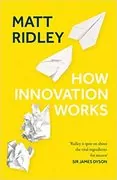
How Innovation Works
Matt Ridley
Examines the history of innovation, discussing how various inventions transformed industries and societies.
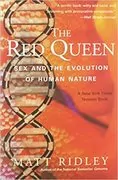
The Red Queen
Matt Ridley
Discusses the evolutionary arms race, focusing on how competition shapes biological traits and social behaviors.
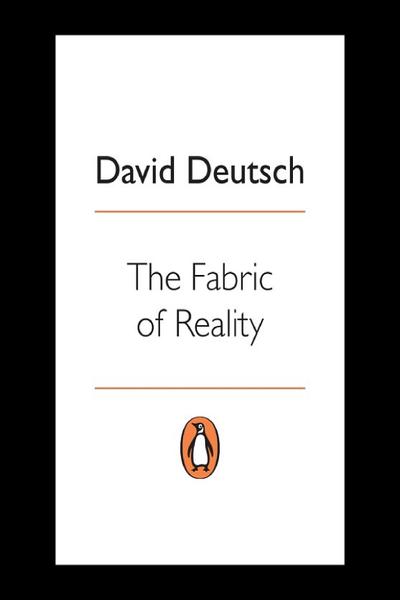
The Fabric of Reality
David Deutsch
Discusses theories of quantum physics, evolution, computation, and knowledge, proposing a unified "theory of everything."
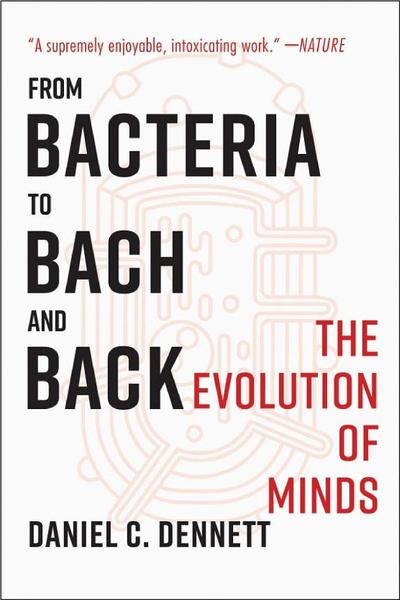
From Bacteria to Bach and Back
Daniel C. Dennett
Explores the evolution of consciousness, bridging concepts from biology, philosophy, and artificial intelligence.
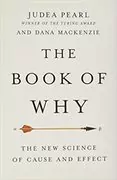
The Book of Why
Judea Pearl
Discusses the science of causation and how understanding causality can transform fields like AI, economics, and medicine.

On Food and Cooking
Harold McGee
A comprehensive guide to the science of food and cooking, covering everything from food chemistry to culinary techniques.

The Double Helix
James D. Watson Ph.D.
Watson’s personal account of the discovery of the DNA structure, highlighting the process and controversies behind scientific breakthroughs.
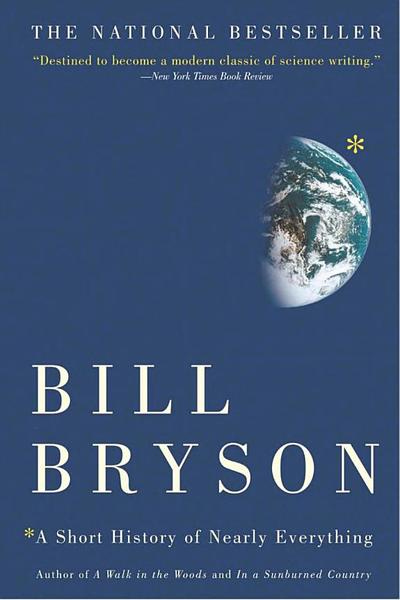
A Short History of Nearly Everything
Bill Bryson
A humorous and accessible exploration of science, covering topics from cosmology to geology to genetics.
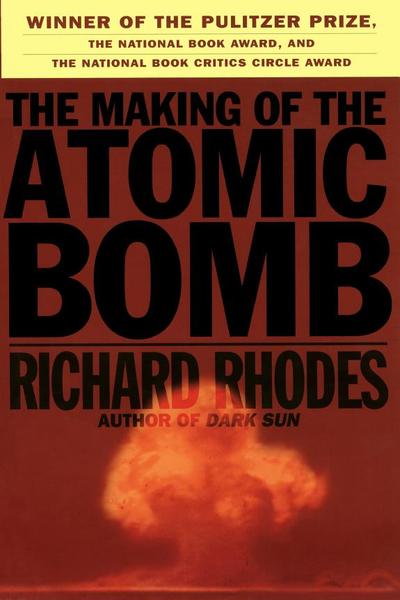
The Making of the Atomic Bomb
Richard Rhodes
A detailed history of the development of the atomic bomb, examining the science, politics, and people involved.
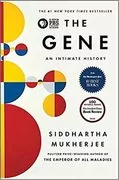
The Gene
Siddhartha Mukherjee
A comprehensive history of genetics, exploring scientific discoveries, ethical implications, and the future of gene-based medicine.
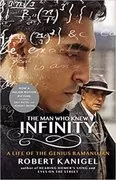
The Man Who Knew Infinity
Robert Kanigel
The biography of mathematician Srinivasa Ramanujan, exploring his genius and unique contributions to mathematics.
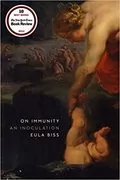
On Immunity
Eula Biss
Examines the cultural and scientific aspects of vaccination, exploring fears and societal impacts of immunization.
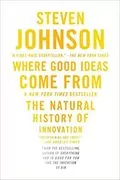
Where Good Ideas Come From
Steven Johnson
Explores the environments and processes that foster innovation, drawing on examples from history and science.
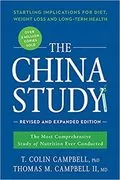
The China Study
T. Colin Campbell
A comprehensive study on nutrition and its impact on health, advocating for a plant-based diet.
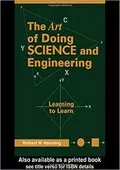
The Art of Doing Science and Engineering
Richard W. Hamming
Reflections on the creative process in science and engineering, encouraging curiosity and innovation.

Plagues and Peoples
William McNeill
A historical analysis of how infectious diseases have shaped societies, cultures, and economies.
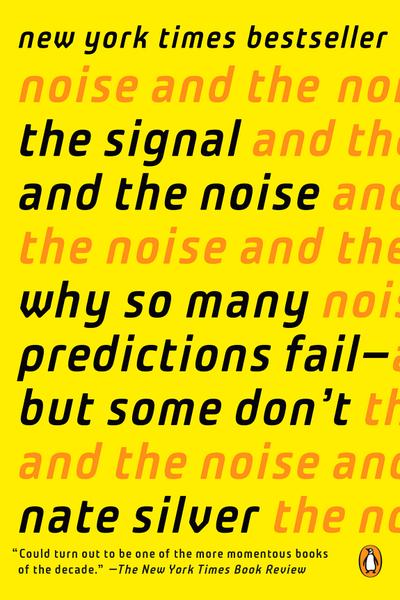
The Signal and the Noise
Nate Silver
Discusses the science of predictions, focusing on why some forecasts fail and how to improve predictive accuracy.
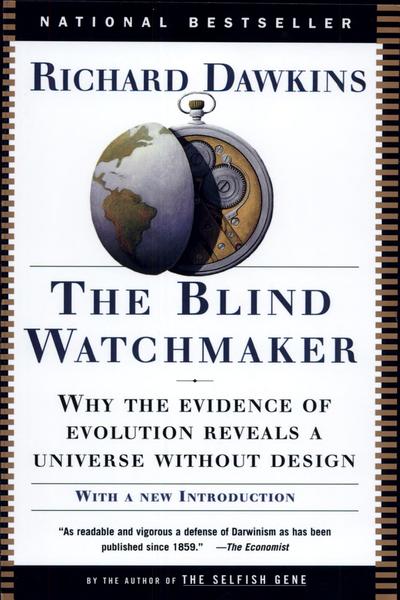
The Blind Watchmaker
Richard Dawkins
Explores the process of evolution, emphasizing natural selection as a "blind" force that shapes complex life forms.
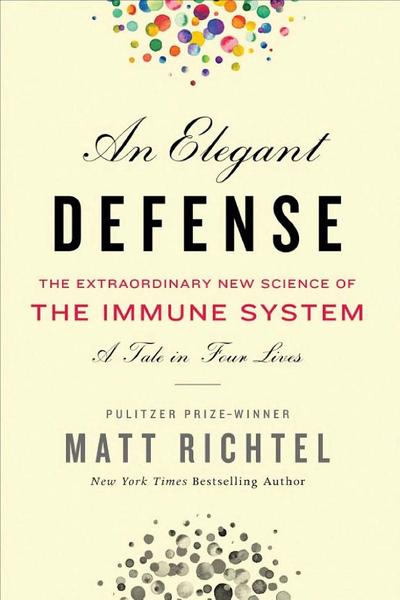
An Elegant Defense
Matt Richtel
Explores the complexities of the human immune system through personal stories and scientific insights.
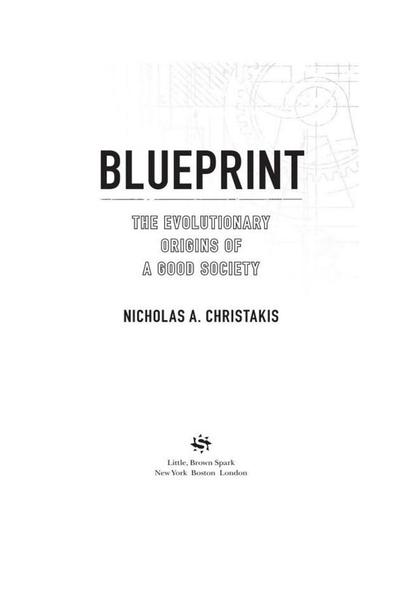
Blueprint
Nicholas A. Christakis
Discusses the role of genetics and social structures in shaping human behavior, advocating for a biological approach to sociology.
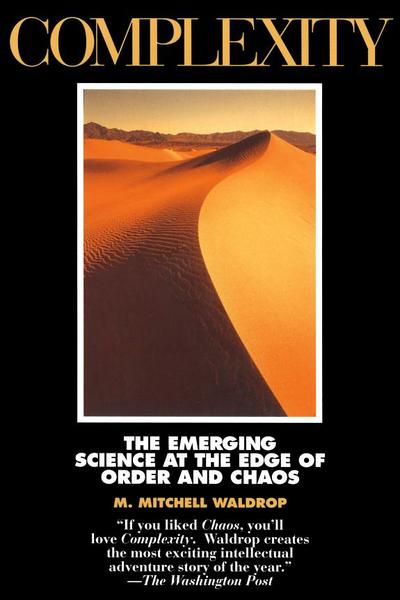
Complexity
M. Mitchell Waldrop
Explores complexity science and the study of systems, discussing how interactions lead to emergent behaviors.
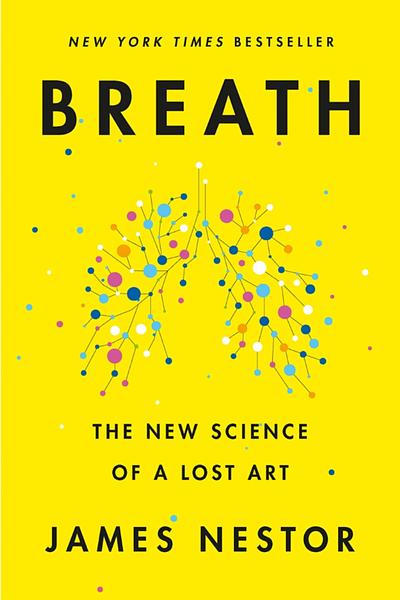
Breath
James Nestor
Investigates the science of breathing, offering insights into how different breathing techniques affect health and well-being.
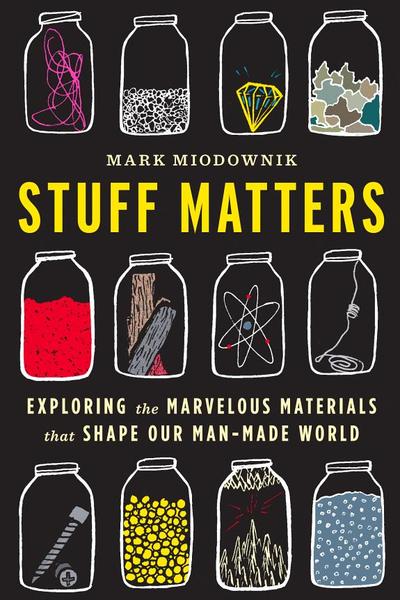
Stuff Matters
Mark Miodownik
Delves into the world of materials science, exploring everyday objects and the materials they’re made of.
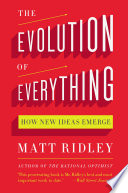
The Evolution of Everything
Matt Ridley
Argues that change and progress emerge through evolution rather than design, covering a wide range of fields.
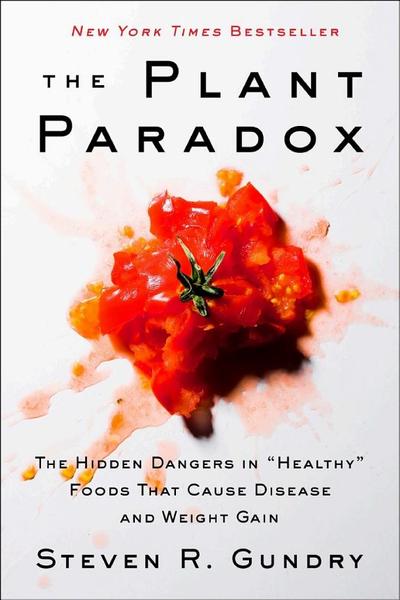
The Plant Paradox
Dr. Steven R Gundry MD
Explores how certain plant proteins (lectins) may cause health issues, advocating for a diet that minimizes these.
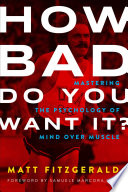
Endure
Alex Hutchinson
Explores the science of endurance and human limits, discussing how psychology and physiology influence performance.
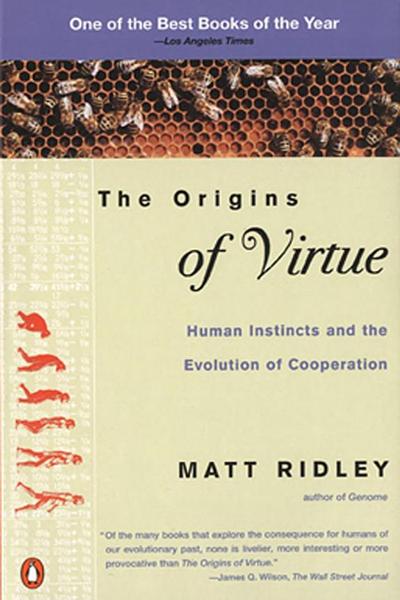
The Origins of Virtue
Matt Ridley
Explores the biological roots of human cooperation, arguing that evolutionary factors influence moral behavior and social cohesion.
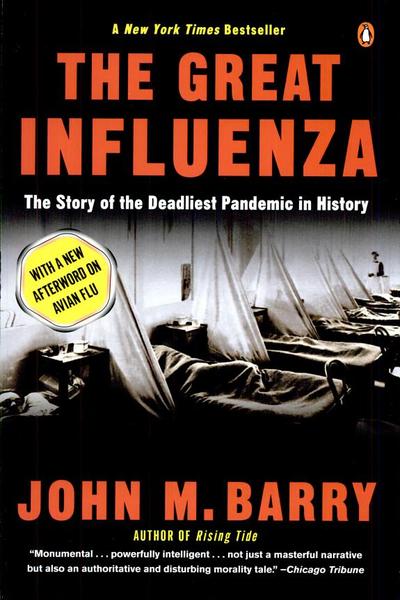
The Great Influenza
John M. Barry
Chronicles the 1918 influenza pandemic, examining its scientific, social, and political impact.
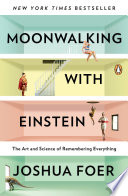
Moonwalking with Einstein
Joshua Foer
Chronicles the author's journey into memory training, exploring techniques and insights on memory improvement.
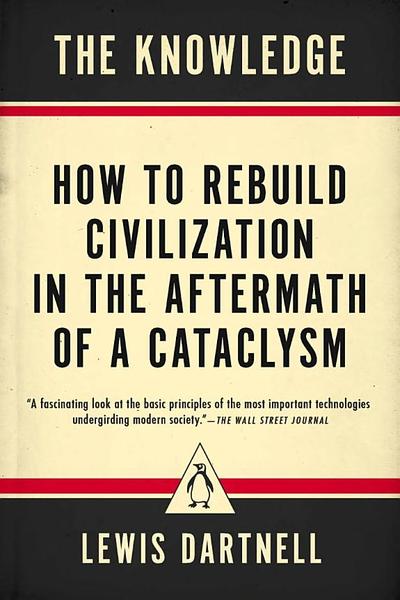
The Knowledge
Lewis Dartnell
Discusses how to rebuild civilization after a global catastrophe, covering essential scientific and technological knowledge.
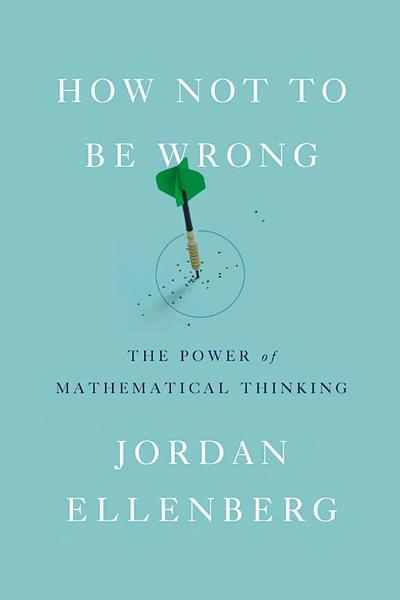
How Not to Be Wrong
Jordan Ellenberg
Explores the role of mathematics in everyday life, showing how mathematical thinking can prevent common mistakes.
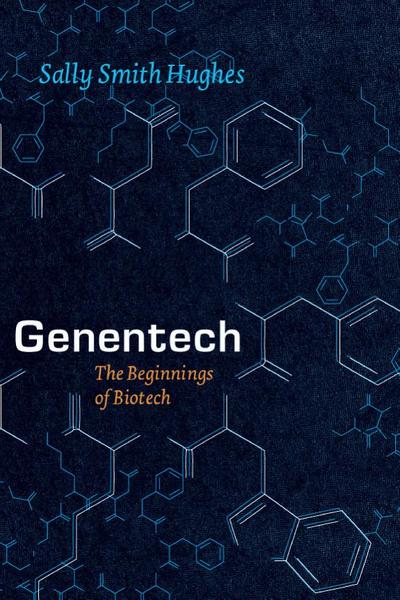
Genentech
Sally Smith Hughes
Chronicles the history of Genentech and the rise of biotechnology, detailing the impact of science on business.
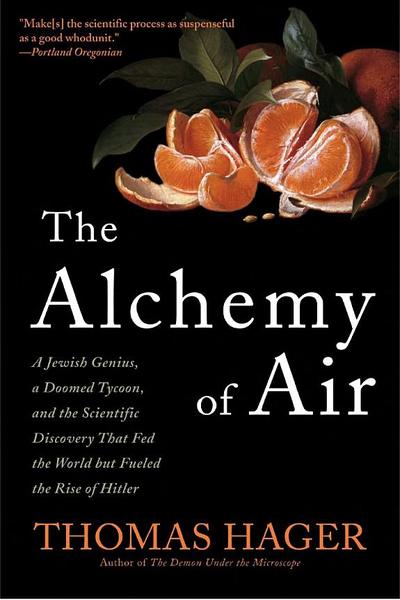
The Alchemy of Air
Thomas Hager
Chronicles the discovery of synthetic fertilizers, showing how they transformed agriculture and supported global population growth.
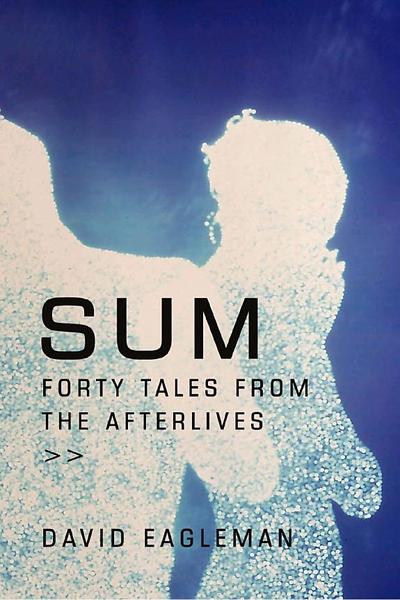
Sum
David Eagleman
A collection of speculative short stories imagining different afterlives, blending science and philosophy.
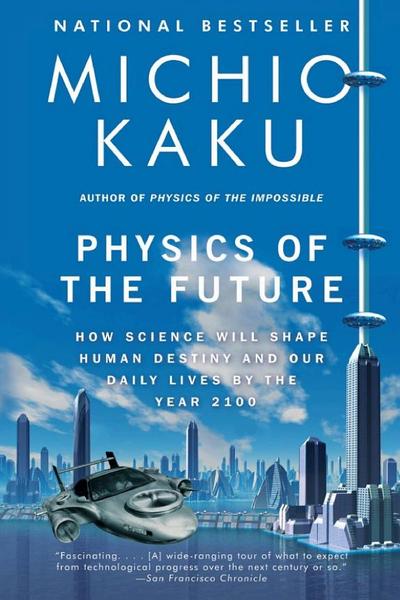
Physics of the Future
Michio Kaku
Predicts advancements in science and technology over the next century, from AI to space travel.
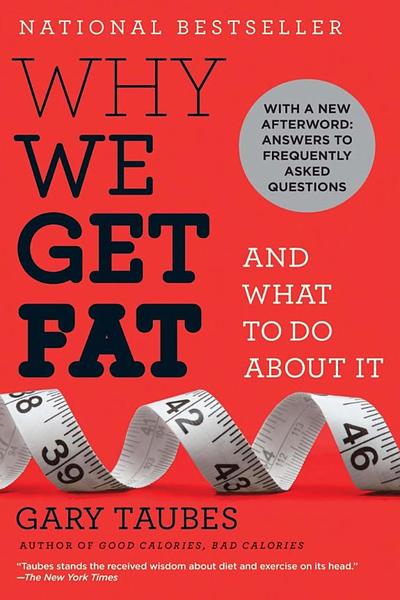
Why We Get Fat
Gary Taubes
Challenges conventional wisdom on diet and obesity, advocating for a low-carbohydrate approach to weight management.
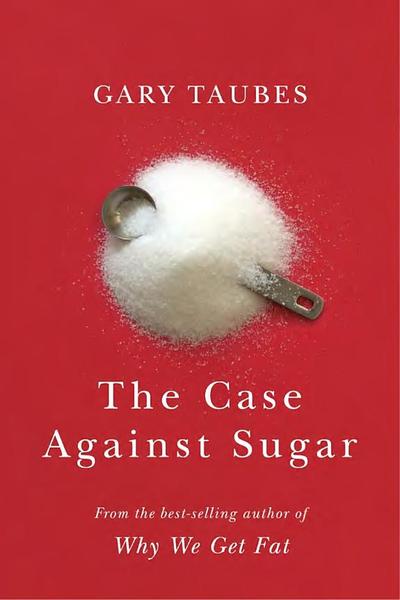
The Case Against Sugar
Gary Taubes
A critical look at the health effects of sugar, arguing it plays a major role in obesity and chronic diseases.
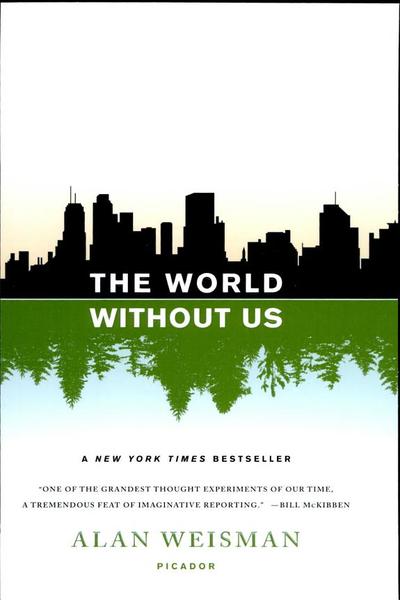
The World Without Us
Alan Weisman
Imagines what would happen to Earth if humans disappeared, exploring nature's resilience and environmental impact.
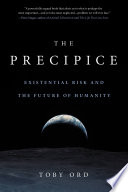
The Precipice
Toby Ord
Examines existential risks facing humanity, arguing for strategies to mitigate threats to civilization's survival.
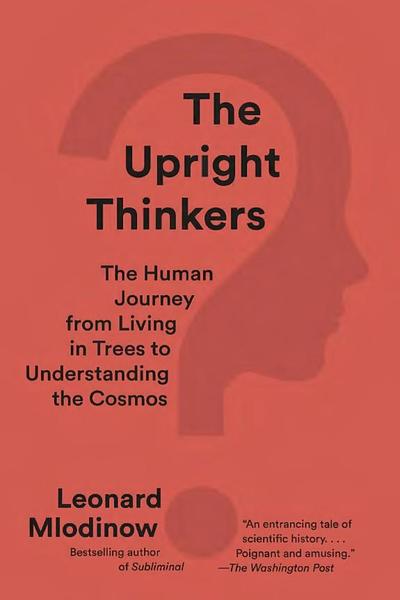
The Upright Thinkers
Leonard Mlodinow
A history of human progress in science, examining the key discoveries that shaped modern knowledge.
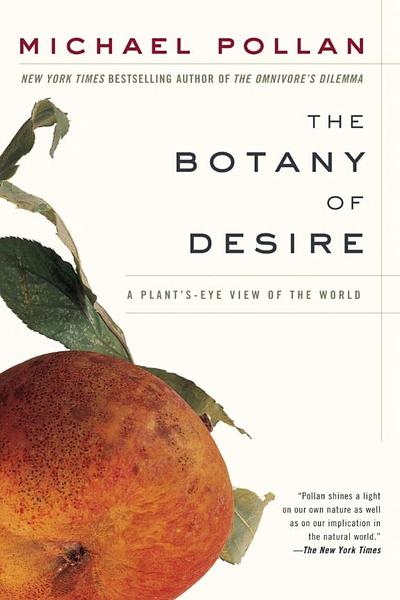
The Botany of Desire
Michael Pollan
Explores the relationship between humans and plants, focusing on apples, tulips, marijuana, and potatoes as examples of co-evolution.
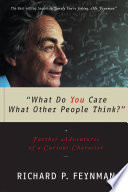
"What Do You Care What Other People Think?"
Richard P. Feynman
A memoir by physicist Richard Feynman, sharing personal anecdotes and reflections on curiosity, science, and individuality.
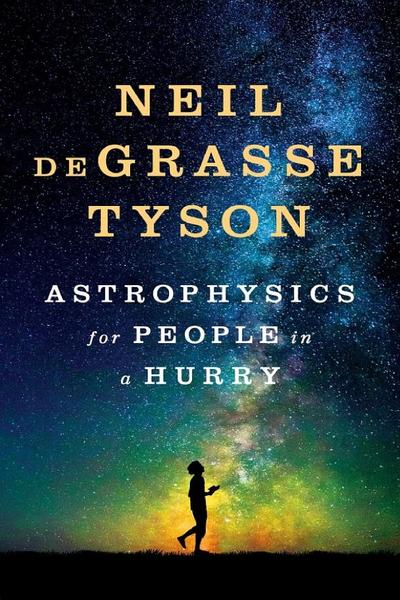
Astrophysics for People in a Hurry
Neil deGrasse Tyson
An accessible introduction to astrophysics, covering key concepts in a concise and engaging way.
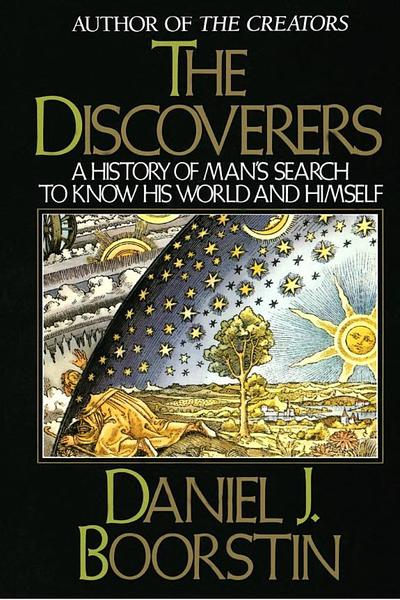
The Discoverers
Daniel J. Boorstin
Chronicles the history of exploration and discovery, highlighting key figures and innovations that shaped our understanding of the world.
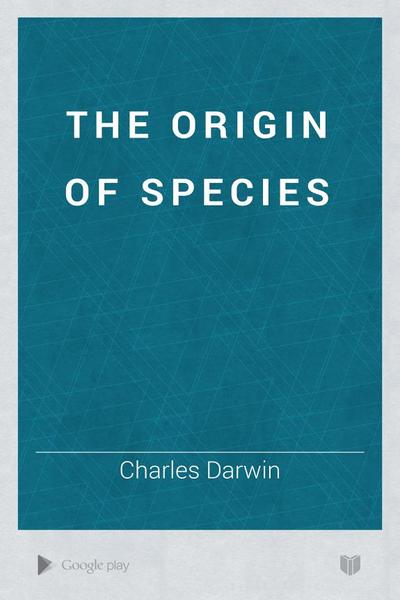
The Origin of Species
Charles Darwin
The foundational text on evolutionary biology, introducing the theory of natural selection.

The Strangest Man
Graham Farmelo
A biography of physicist Paul Dirac, exploring his contributions to quantum mechanics and his unique personality.
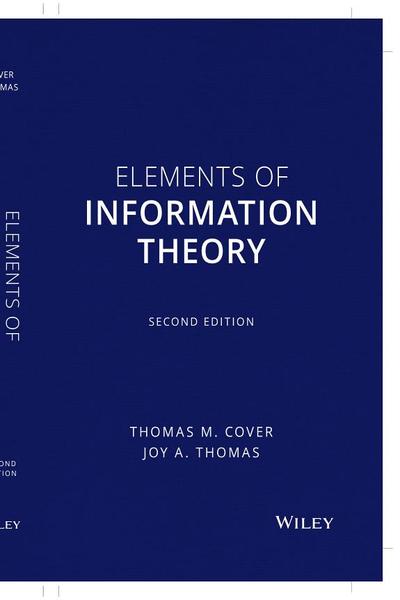
Elements of Information Theory
Thomas M. Cover
A foundational text in information theory, covering concepts like entropy, data compression, and error correction.
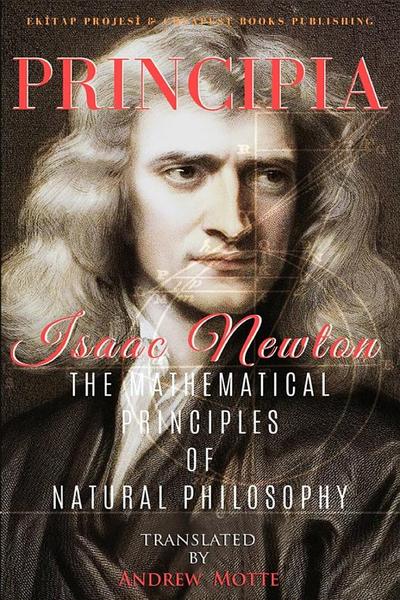
The Principia
Isaac Newton
A foundational work in physics and mathematics, introducing the laws of motion and universal gravitation.
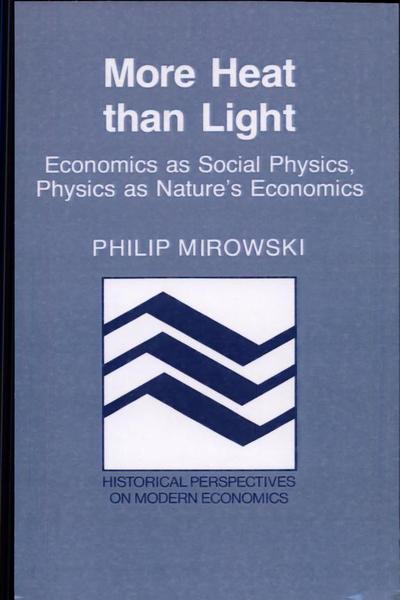
More Heat than Light
Philip Mirowski
Examines the relationship between economics and physics, critiquing how economic theories have borrowed from physical sciences.
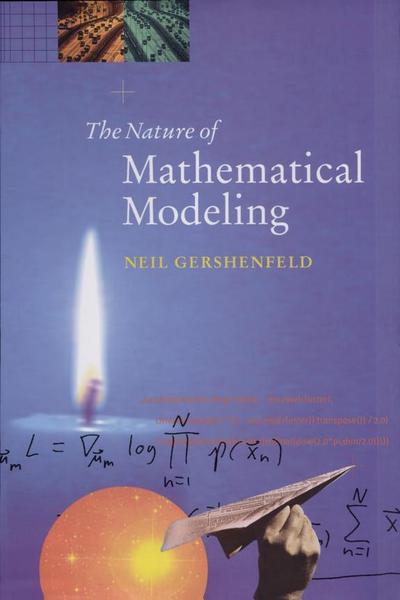
The Nature of Mathematical Modeling
Neil Gershenfeld
Explores mathematical modeling techniques across fields, focusing on applications in physics, biology, and engineering.
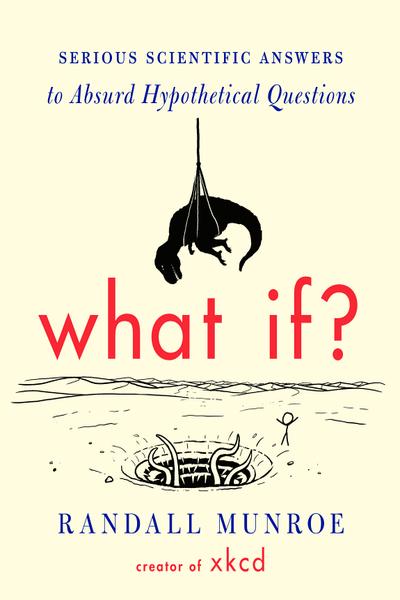
What If?
Randall Munroe
A humorous exploration of hypothetical questions answered with scientific analysis and creativity.

Thing Explainer
Randall Munroe
Uses simple language and diagrams to explain complex concepts, making science accessible to all ages.
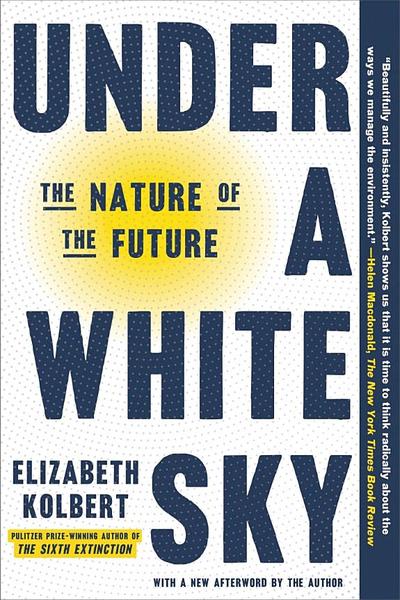
Under a White Sky
Elizabeth Kolbert
Examines human intervention in nature, exploring environmental solutions and their unintended consequences.
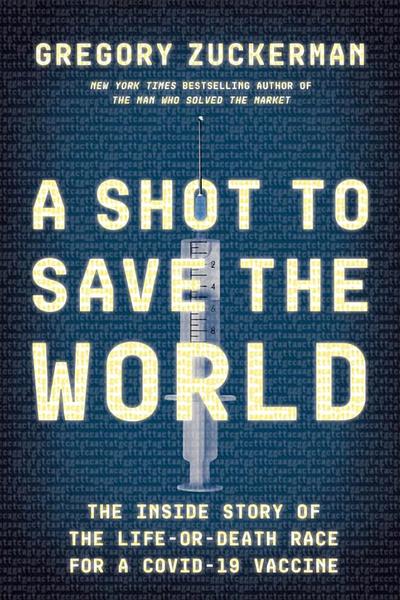
A Shot to Save the World
Gregory Zuckerman
Chronicles the race to develop COVID-19 vaccines, highlighting the scientific breakthroughs and human stories behind them.
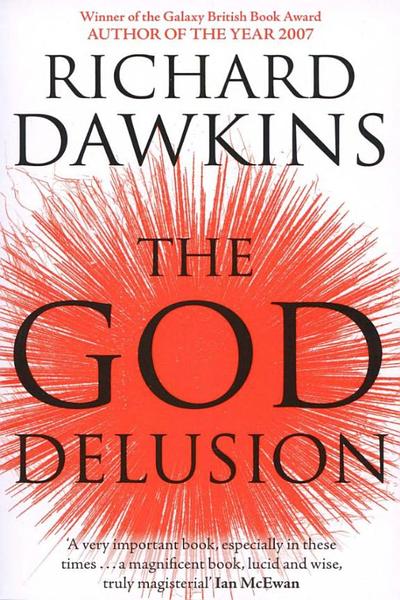
The God Delusion
Richard Dawkins
A critique of religion, advocating for atheism and presenting arguments against theism.
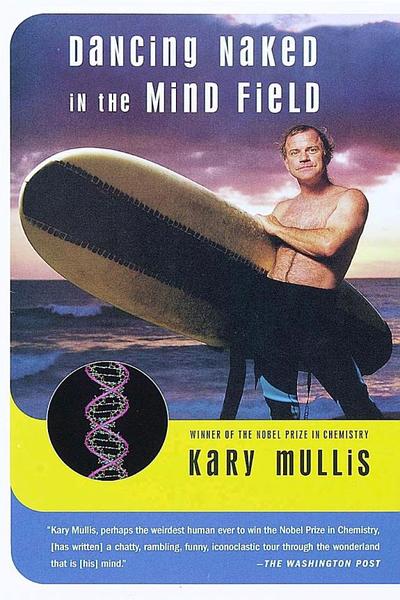
Dancing Naked in the Mind Field
Kary Mullis
A collection of essays by Nobel-winning chemist Kary Mullis, covering science, culture, and personal reflections.
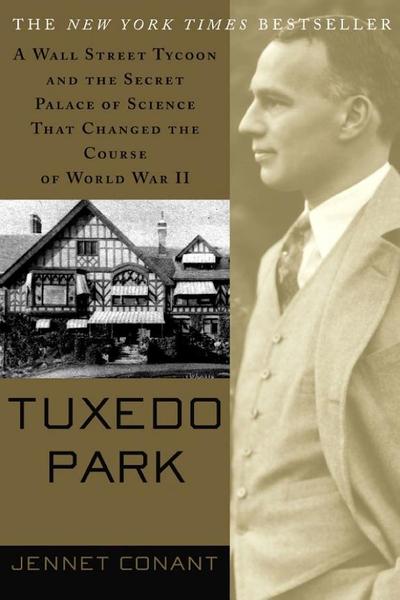
Tuxedo Park
Jennet Conant
Chronicles the contributions of Alfred Loomis to scientific research during WWII, bridging science and military innovation.
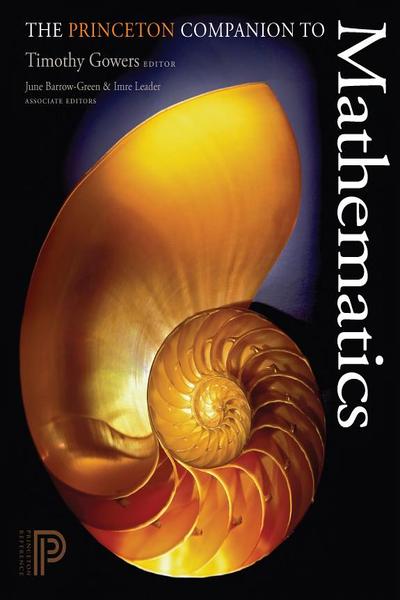
The Princeton Companion to Mathematics
Timothy Gowers
A comprehensive reference on mathematics, covering concepts, history, and notable figures.

Flu
Gina Kolata
Chronicles the history and science of the 1918 flu pandemic, highlighting lessons for future outbreaks.
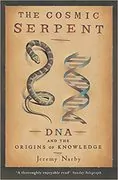
The Cosmic Serpent
Jeremy Narby
Explores the intersection of science and indigenous knowledge, theorizing that DNA may be connected to human consciousness.
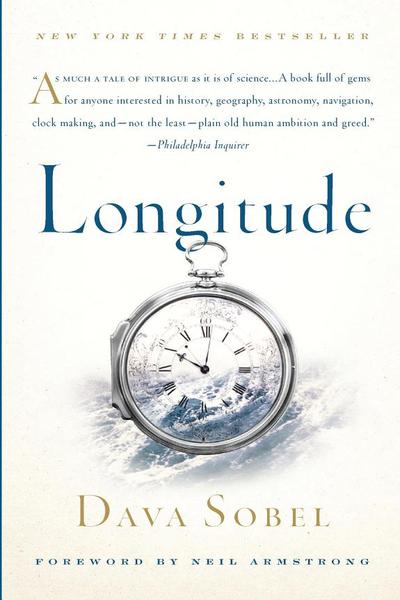
Longitude
Dava Sobel
Chronicles the invention of the marine chronometer, which allowed sailors to determine longitude and revolutionized navigation.
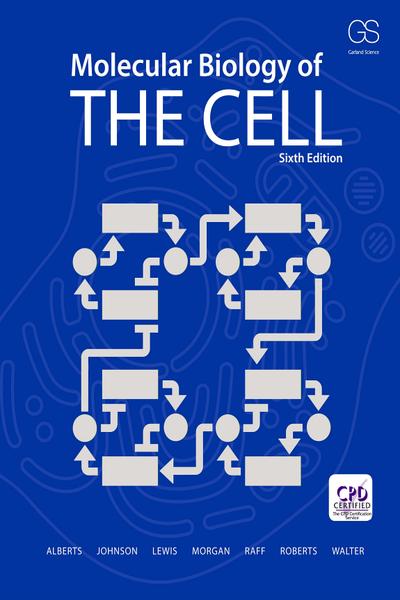
Molecular Biology of the Cell
Bruce Alberts
A comprehensive textbook on cell biology, covering molecular mechanisms and cellular functions.
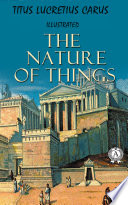
On the Nature of Things
Lucretius
An ancient Roman poem exploring Epicurean philosophy, covering atoms, the soul, and the natural world.
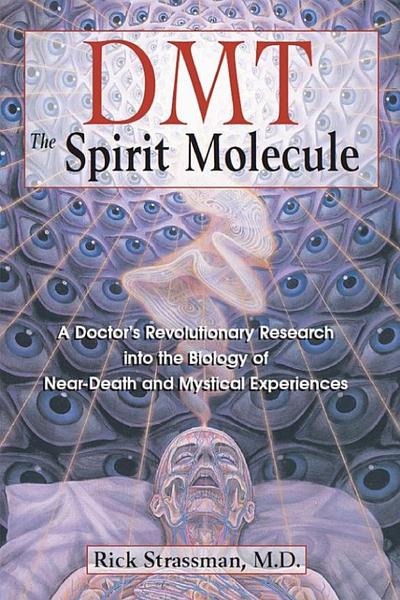
DMT
Rick Strassman
Explores the effects of the psychedelic compound DMT, based on the author's research and personal experiences.

The Visual Display of Quantitative Information
Edward R. Tufte
A foundational text in data visualization, discussing methods for presenting quantitative data effectively.
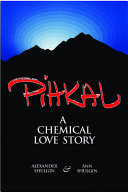
Pihkal
Alexander Shulgin
Chronicles Shulgin’s research on psychedelic compounds, detailing chemical formulas and personal experiences.
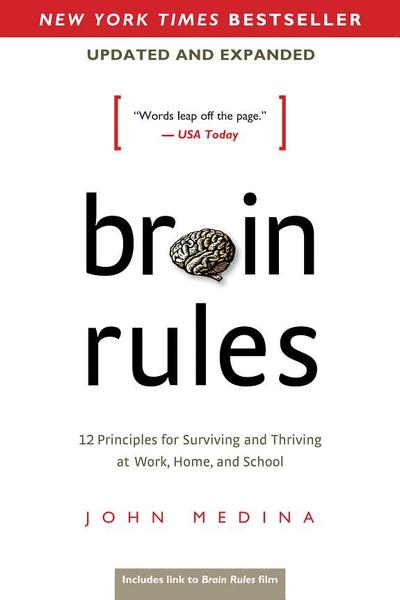
Brain Rules
John Medina
Discusses twelve principles for optimizing brain function, covering memory, attention, and learning.
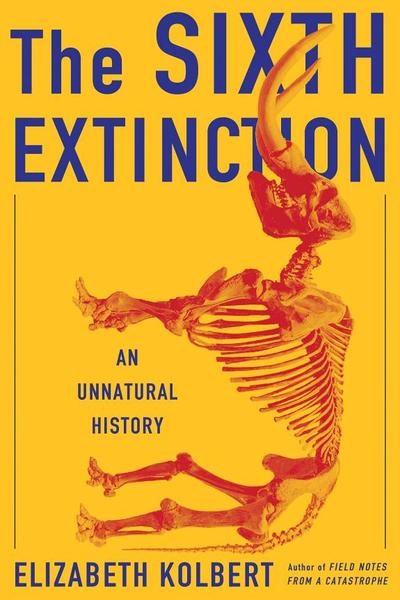
The Sixth Extinction
Elizabeth Kolbert
Examines the ongoing mass extinction caused by human activity, discussing its impact on biodiversity and ecosystems.
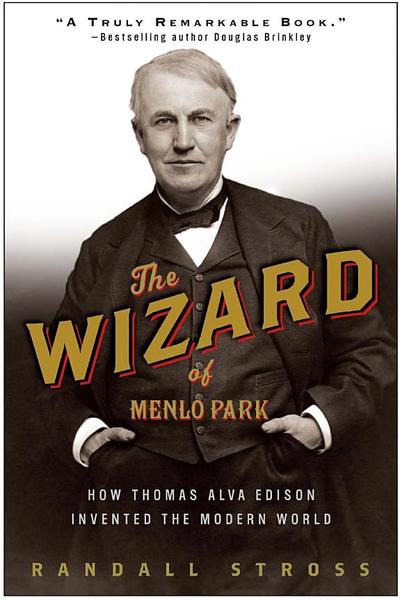
The Wizard of Menlo Park
Randall E. Stross
A biography of Thomas Edison, examining his life, inventions, and legacy in shaping modern technology.
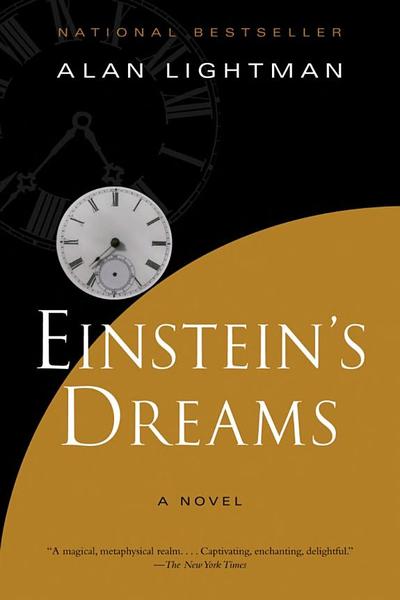
Einstein's Dreams
Alan Lightman
A fictional exploration of Einstein’s thoughts on time, presenting a series of imaginative vignettes on the nature of time.
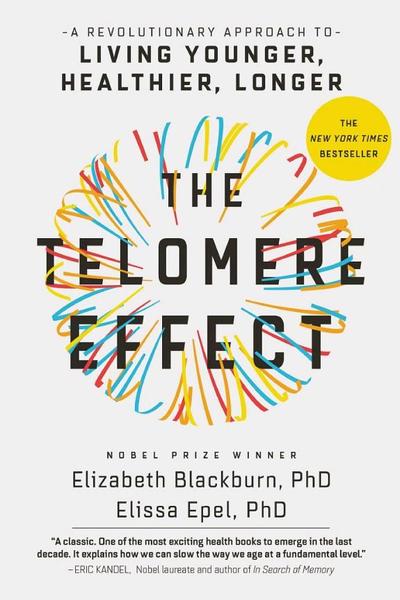
The Telomere Effect
Dr. Elizabeth Blackburn
Explores how telomeres affect aging and health, offering tips for maintaining longevity through lifestyle choices.
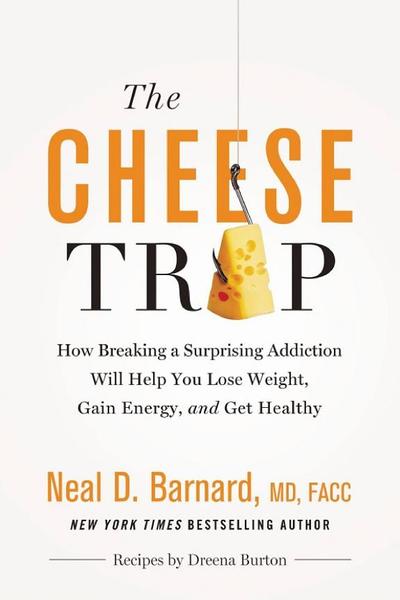
The Cheese Trap
Neal D Barnard
A critique of dairy products in the diet, advocating for a plant-based lifestyle and discussing health benefits.
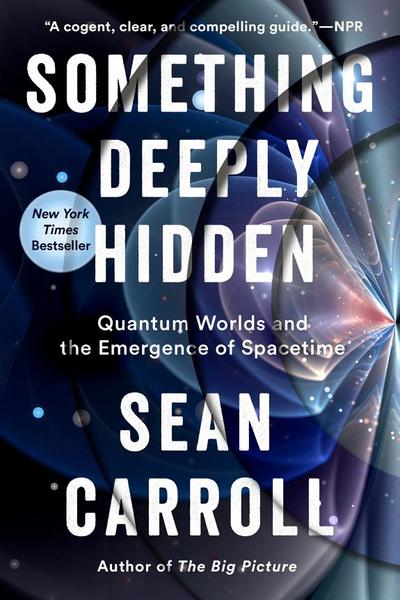
Something Deeply Hidden
Sean Carroll
An exploration of quantum mechanics, presenting the “many-worlds” interpretation as a theory of parallel universes.
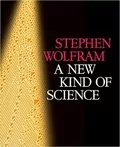
A New Kind of Science
Stephen Wolfram
Explores the concept of computational systems, proposing new ways to understand science and complex systems.
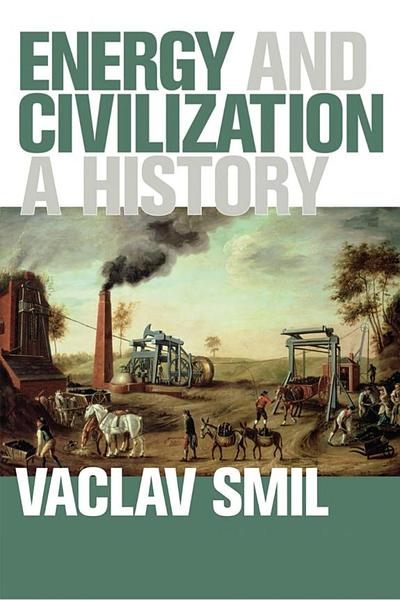
Energy
Vaclav Smil
An exploration of the role energy plays in human civilization, covering everything from sources to consumption and sustainability.
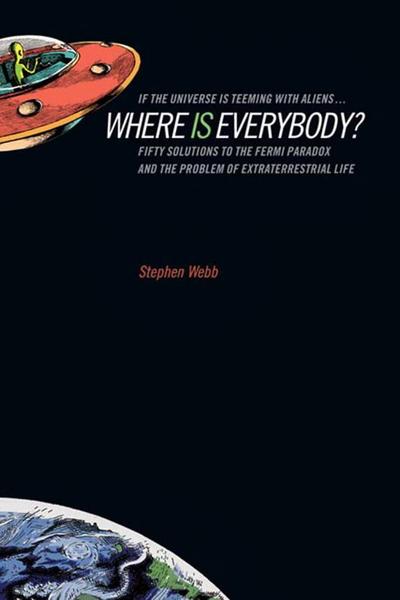
If the Universe Is Teeming with Aliens ... Where is Everybody?
Stephen Webb
A scientific exploration of the Fermi Paradox, discussing theories on why we haven’t encountered extraterrestrial life.
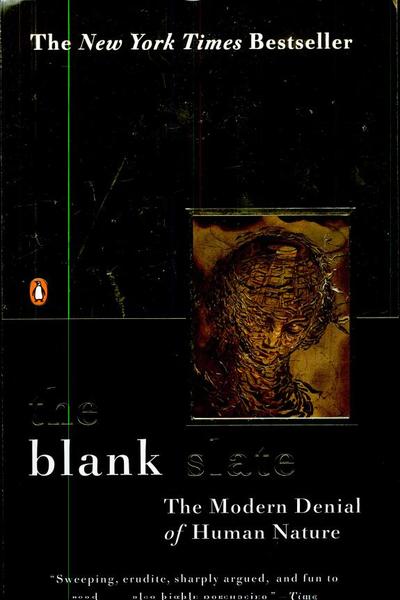
The Blank Slate
Steven Pinker
Challenges the idea of the human mind as a blank slate, arguing for the role of biology in shaping personality and behavior.
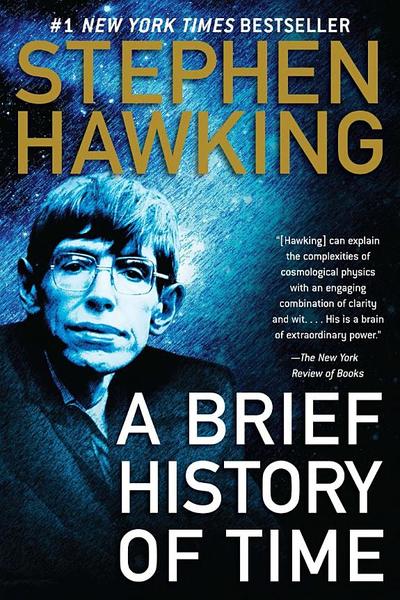
A Brief History of Time
Stephen Hawking
An introduction to cosmology, covering concepts like black holes, the Big Bang, and the nature of time.
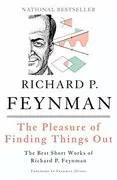
The Pleasure of Finding Things Out
Richard P. Feynman
A collection of essays by physicist Richard Feynman, discussing science, curiosity, and the joy of discovery.
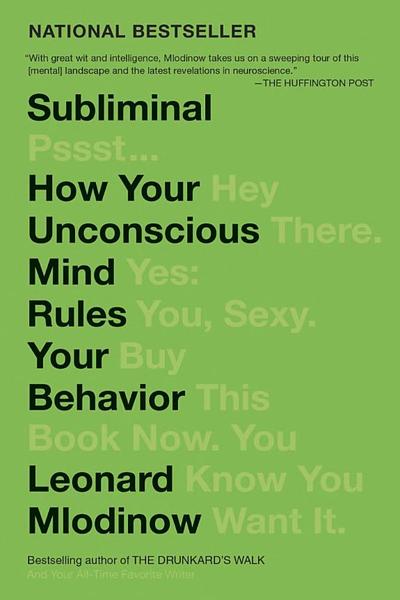
Subliminal
Leonard Mlodinow
Explores the hidden influences on human behavior, focusing on the unconscious mind and decision-making.

Out Of Control
Kevin Kelly
Explores the idea of decentralized systems and how they could shape the future of technology, business, and biology.
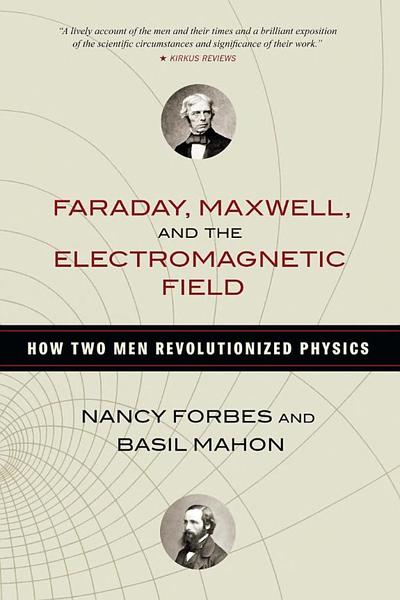
Faraday, Maxwell, and the Electromagnetic Field
Nancy Forbes
Chronicles the lives of Faraday and Maxwell, highlighting their contributions to electromagnetism and physics.
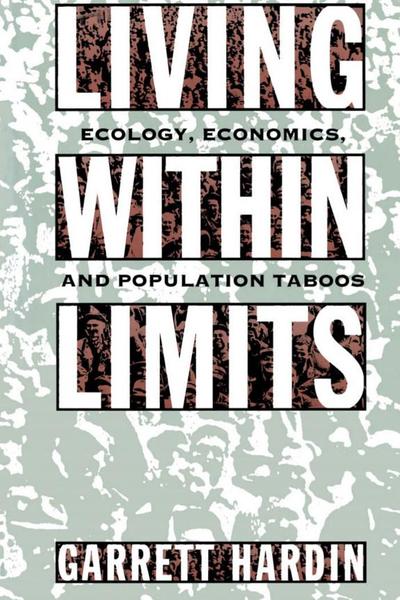
Living within Limits
Garrett Hardin
Explores population growth and resource limitations, advocating for sustainable practices and ecological awareness.
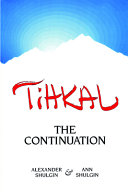
Tihkal
Alexander Shulgin
Chronicles the Shulgins’ research on psychoactive compounds, focusing on tryptamines and their effects on consciousness.
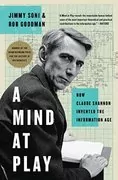
A Mind at Play
Jimmy Soni
Biography of Claude Shannon, the father of information theory, highlighting his contributions to mathematics and technology.

The Watchman's Rattle
Rebecca Costa
Analyzes how human evolution impacts problem-solving, discussing how society can overcome complex global issues.
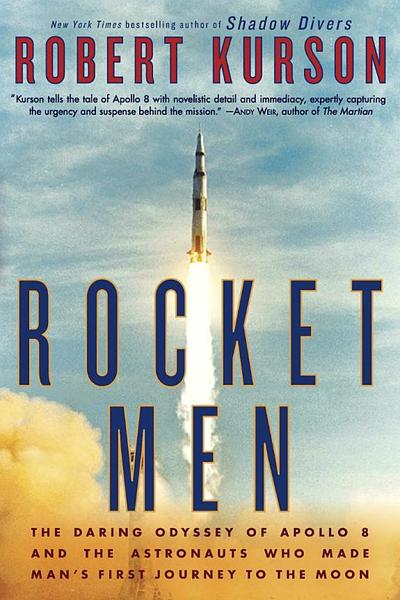
Rocket Men
Robert Kurson
Chronicles the Apollo 8 mission and the astronauts who became the first to orbit the moon, capturing a pivotal moment in space exploration.
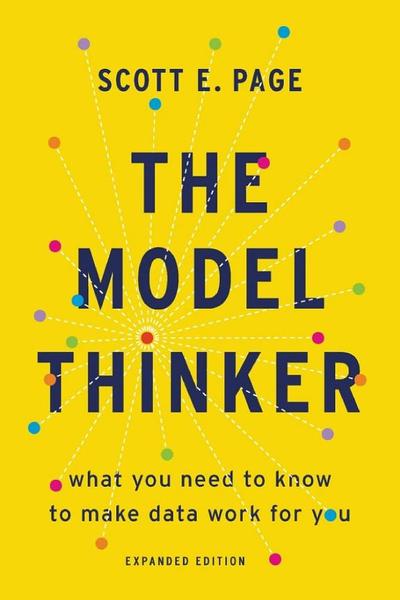
The Model Thinker
Scott E. Page
A guide to understanding complex problems by using different models to analyze and interpret data.
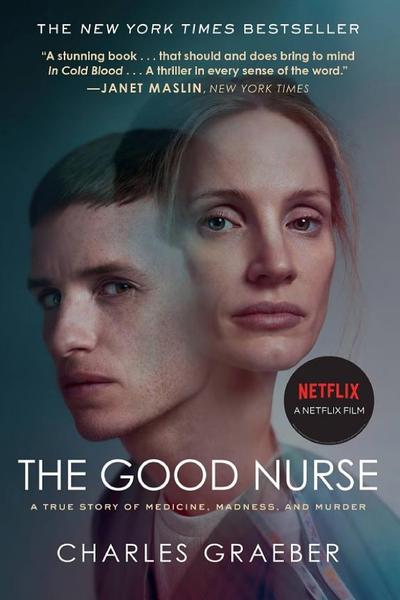
The Breakthrough
Charles Graeber
Chronicles the development of cancer immunotherapy, exploring the science and stories behind this medical innovation.
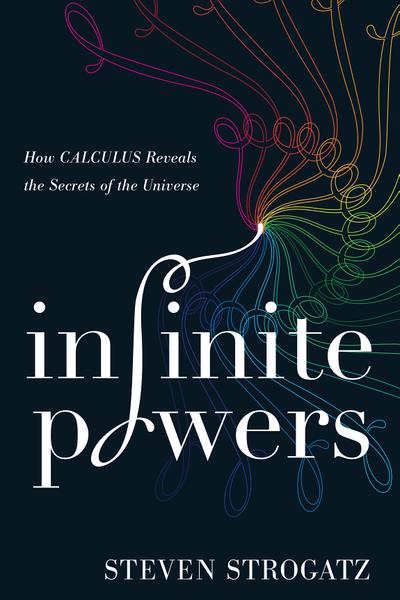
Infinite Powers
Steven Strogatz
A history of calculus and its impact on understanding the natural world, making the subject accessible to a general audience.
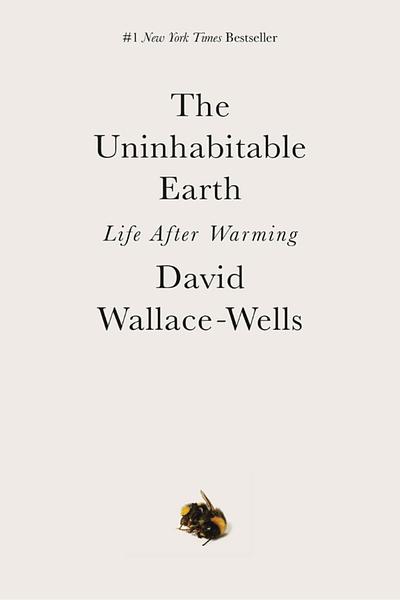
The Uninhabitable Earth
David Wallace-Wells
A stark warning about the potential catastrophic effects of climate change on the planet.
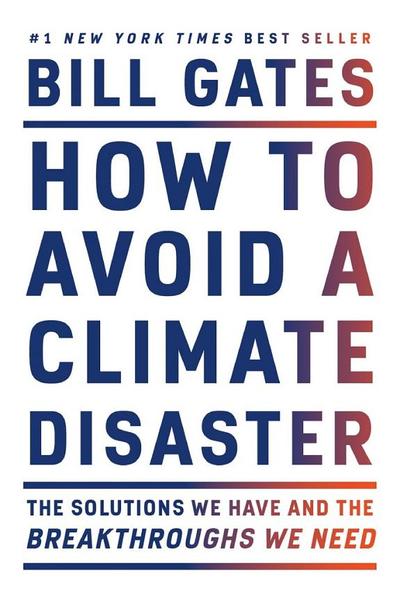
How to Avoid a Climate Disaster
Bill Gates
Outlines strategies and innovations to combat climate change, proposing practical solutions for a sustainable future.
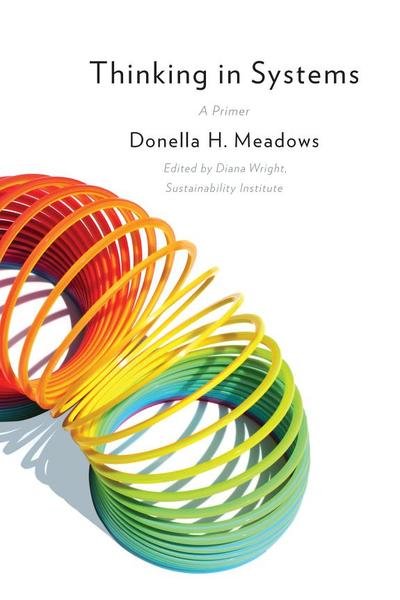
Thinking in Systems
Donella H. Meadows
An introduction to systems thinking, offering tools for understanding and managing complex systems.
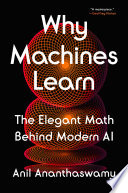
Why Machines Learn
Anil Ananthaswamy
Exploration of machine learning and its impact on society.

The Way Things Work
C. van Amerongen
An illustrated guide explaining the mechanics of everyday objects, making science and technology accessible.
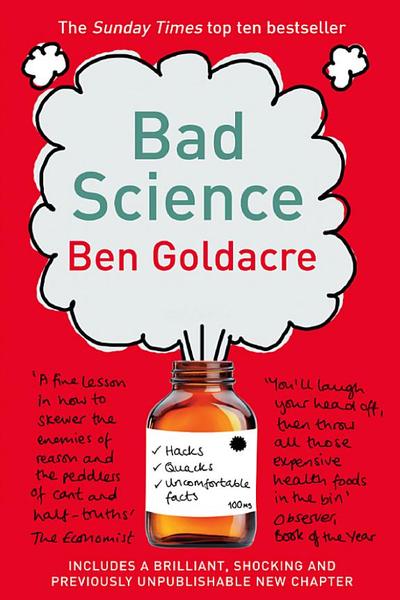
Bad Science
Ben Goldacre
A critique of how science is misrepresented in the media, exploring issues in health, pseudoscience, and public perception.
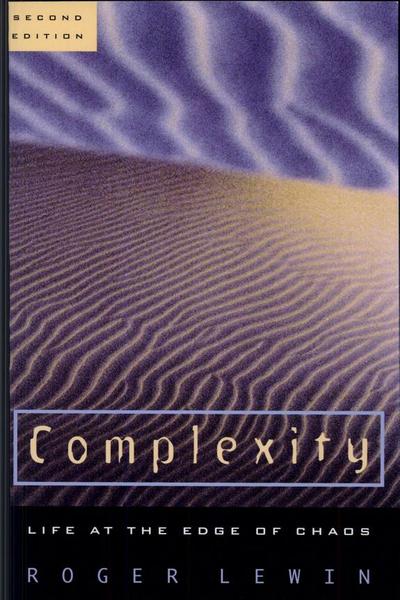
Complexity
Roger Lewin
Explores complexity science and the study of systems, discussing how interactions lead to emergent behaviors.
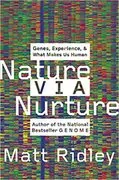
Nature Via Nurture
Matt Ridley
Discusses the interplay between genetics and environment, challenging the nature vs. nurture debate.
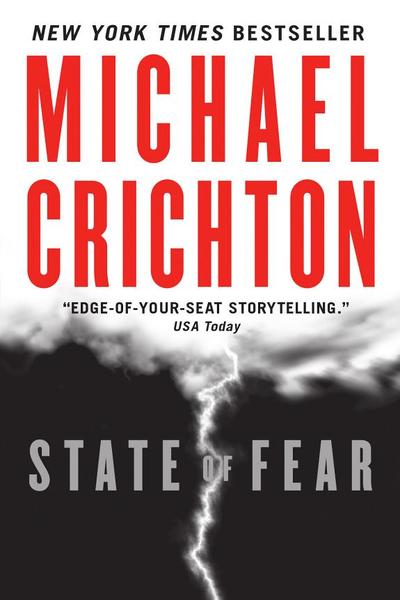
State of Fear
Michael Crichton
A techno-thriller involving climate change, questioning the role of media and science in shaping public perception.
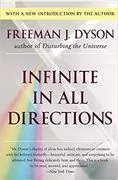
Infinite in All Directions
Freeman J. Dyson
Essays on science, technology, and philosophy, exploring topics like space exploration and human destiny.
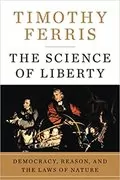
The Science of Liberty
Timothy Ferris
Connects scientific thought with political freedom, arguing that scientific advancements promote democracy and progress.
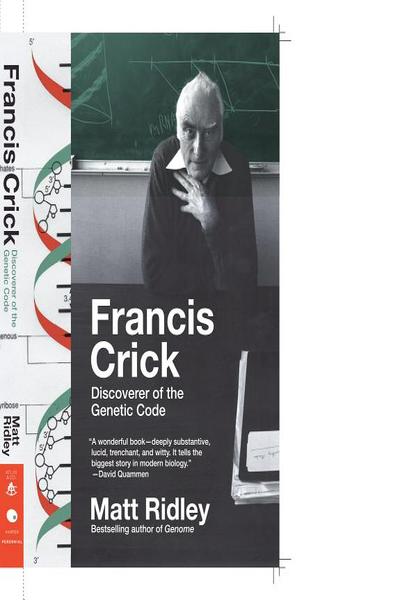
Francis Crick
Matt Ridley
A biography of Francis Crick, co-discoverer of DNA’s structure, detailing his life, scientific contributions, and legacy.
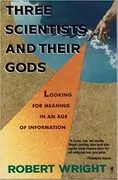
Three Scientists and Their Gods
Robert Wright
Explores the lives and ideas of three scientists, examining the intersection of science and religion.
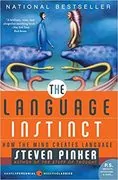
The Language Instinct
Steven Pinker
A look at how language develops, arguing that it is an innate part of the human brain.
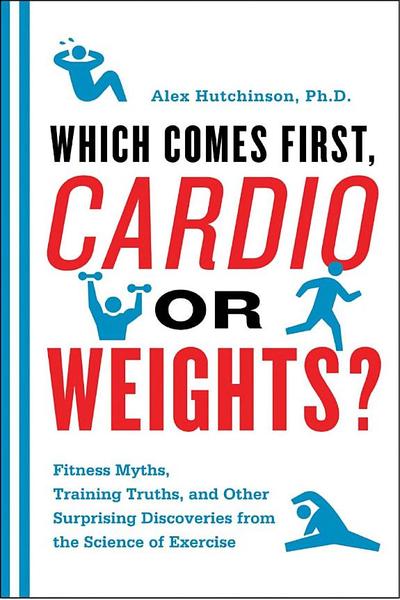
Which Comes First, Cardio or Weights?
Alex Hutchinson
A fitness guide answering common questions about exercise science and best practices for physical health.
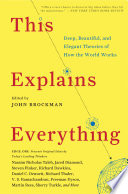
This Explains Everything
John Brockman
A collection of essays where leading thinkers share scientific theories that illuminate the world’s mysteries.
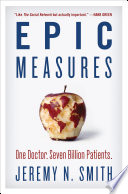
Epic Measures
Jeremy N. Smith
Chronicles Dr. Chris Murray’s mission to measure global health, exploring the challenges and impact of his research.
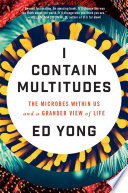
I Contain Multitudes
Ed Yong
Explores the role of microbes in our lives, offering insights into how they impact health, ecosystems, and evolution.
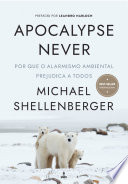
Apocalypse Never
Michael Shellenberger
Argues against alarmist views on climate change, proposing a balanced approach to environmental issues.
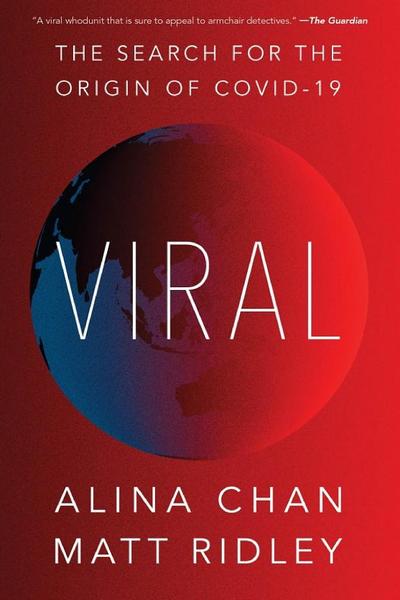
Viral
Matt Ridley
Investigates the origins of COVID-19, discussing scientific theories and controversies around the virus’s emergence.
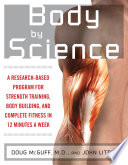
Body by Science
John R. Little
Presents a high-intensity, science-based approach to fitness and strength training.
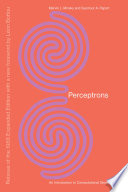
Computation
Marvin Lee Minsky
An introduction to computational theory, covering fundamental concepts in artificial intelligence and cognitive science.

Scientific Principles of Coaching
John William Bunn
Covers coaching techniques based on scientific principles, focusing on athletic training and performance.
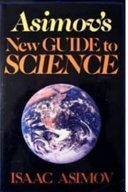
Asimov's New Guide to Science
Isaac Asimov
An accessible overview of scientific knowledge across various fields, from physics to biology.
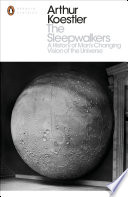
The Sleepwalkers
Arthur Koestler
Examines the lives of astronomers from ancient to modern times, exploring the development of scientific thought.
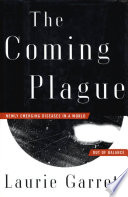
The Coming Plague
Laurie Garrett
Explores the rise of global infectious diseases, examining their causes and the threats they pose to humanity.
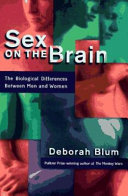
Sex on the Brain
Deborah Blum
Investigates the science of sex, exploring the biological and psychological factors that influence sexual behavior.
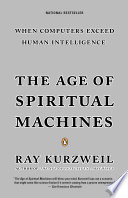
The Age of Spiritual Machines
Ray Kurzweil
A look into the future of artificial intelligence, predicting how it will impact society and human consciousness.
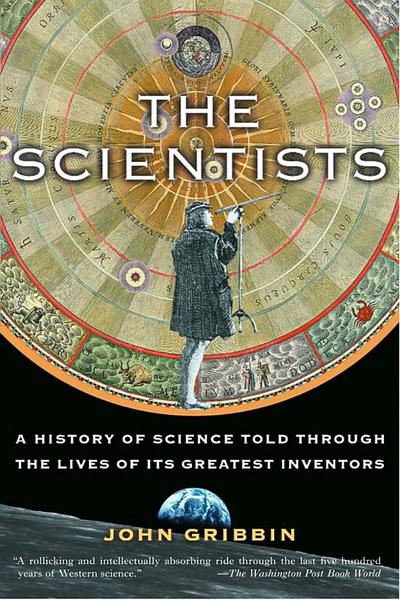
Science
John Gribbin
An introduction to key scientific concepts and discoveries, aimed at general readers interested in understanding science.
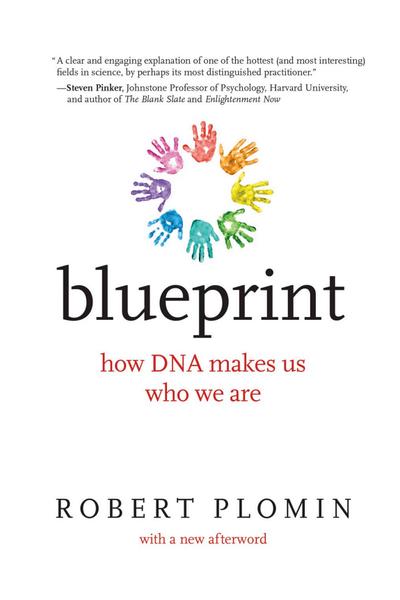
Blueprint
Robert Plomin
Discusses the role of genetics and social structures in shaping human behavior, advocating for a biological approach to sociology.
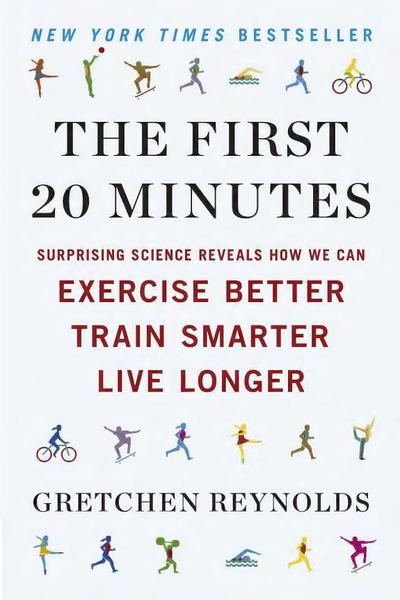
The First 20 Minutes
Gretchen Reynolds
A science-based guide on fitness and exercise, covering the benefits of short workouts and optimal practices for physical health.
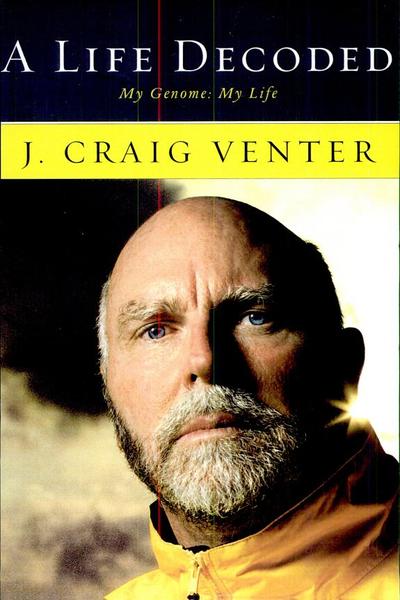
A Life Decoded
J. Craig Venter
An autobiography by the scientist who mapped the human genome, discussing his life and scientific discoveries.
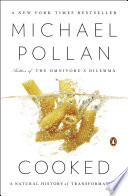
Cooked
Michael Pollan
Explores the cultural and scientific aspects of cooking, investigating how the act of cooking shapes human experience.
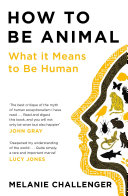
How to Be Animal
Melanie Challenger
Examines human identity by exploring our evolutionary roots, challenging our perception of superiority over other species.
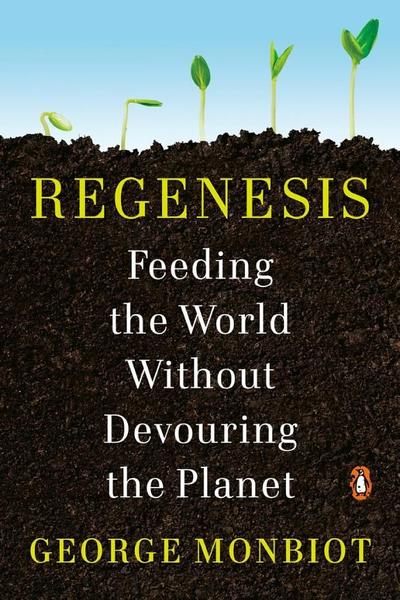
Regenesis
George Monbiot
Discusses regenerative farming and proposes sustainable solutions to improve soil health and biodiversity.
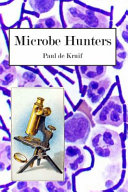
Microbe Hunters
Paul de Kruif
Chronicles the lives of pioneering scientists who discovered and studied microbes, celebrating their contributions to medicine.
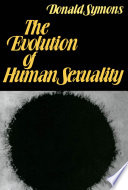
The Evolution of Human Sexuality
Donald Symons
Examines human sexual behavior from an evolutionary perspective, exploring biological and psychological factors.
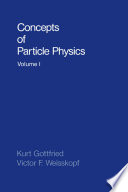
Concepts of Particle Physics
Kurt Gottfried
An introductory guide to the fundamental concepts and theories in particle physics, intended for non-specialists.
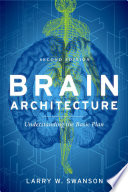
Brain Architecture
Larry W. Swanson
Provides an overview of the structure and function of the human brain, linking anatomy to behavior.
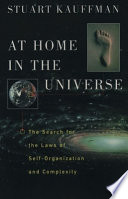
At Home in the Universe
Stuart Kauffman
Explores the concept of self-organization in the universe, offering insights into the origins of life and complexity.
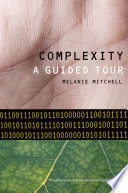
Complexity
Melanie Mitchell
Explores complexity science and the study of systems, discussing how interactions lead to emergent behaviors.
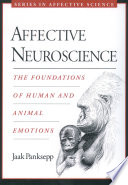
Affective Neuroscience
Jaak Panksepp
Explores the neural basis of emotions, focusing on how the brain generates emotional responses.
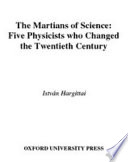
The Martians of Science
Istvan Hargittai
A biography of six Hungarian scientists who made significant contributions to 20th-century science, particularly in physics.

Polio
David M. Oshinsky
Chronicles the history of polio, including the development of vaccines and the global fight to eradicate the disease.
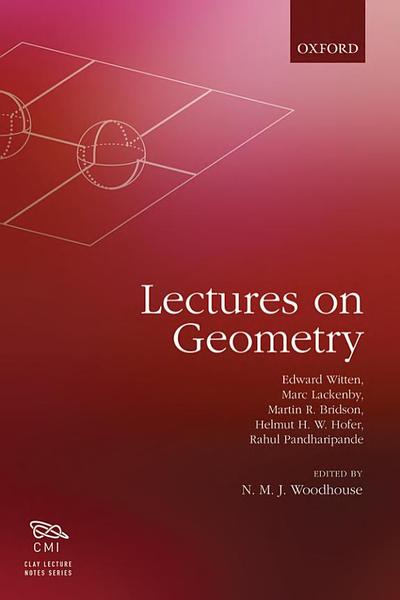
The Geometric Universe
S. A. Huggett
Explores the role of geometry in understanding the physical universe, covering key mathematical concepts and their applications.
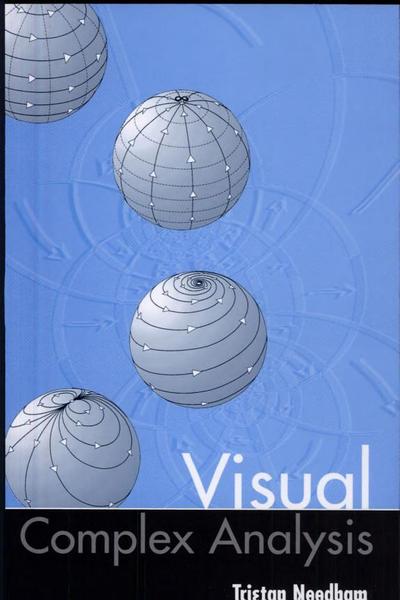
Visual Complex Analysis
Tristan Needham
A mathematical guide to complex analysis, emphasizing visual intuition and geometric interpretation.
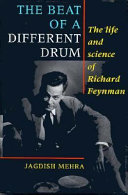
The Beat of a Different Drum
Jagdish Mehra
A biography of physicist Richard Feynman, exploring his contributions to science and his unique personality.
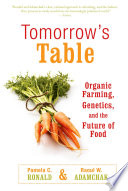
Tomorrow's Table
Pamela C. Ronald
Discusses genetically modified crops and organic farming, advocating for a balanced approach to sustainable agriculture.
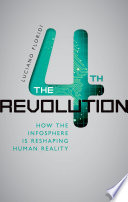
Information
Luciano Floridi
Explores the concept of information from a philosophical perspective, addressing its impact on human understanding and technology.
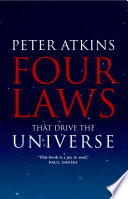
The Laws of Thermodynamics
Peter Atkins
An accessible introduction to the fundamental laws of thermodynamics, explaining their implications in everyday life and science.
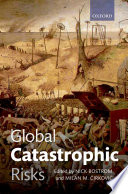
Global Catastrophic Risks
Nick Bostrom
Examines the risks that could lead to global catastrophes, from natural disasters to technological hazards.
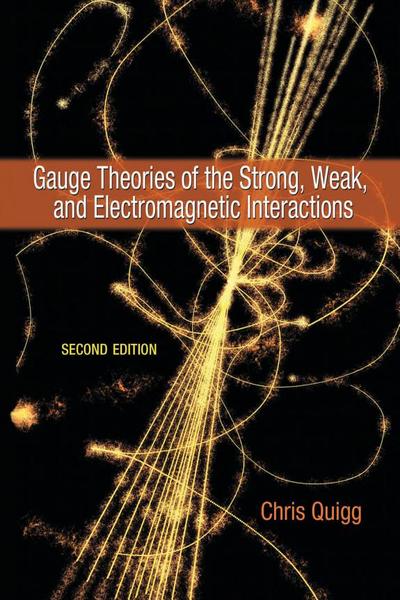
Gauge Theories Of Strong, Weak, And Electromagnetic Interactions
Chris Quigg
A comprehensive guide to gauge theory and particle interactions, intended for advanced readers in physics.
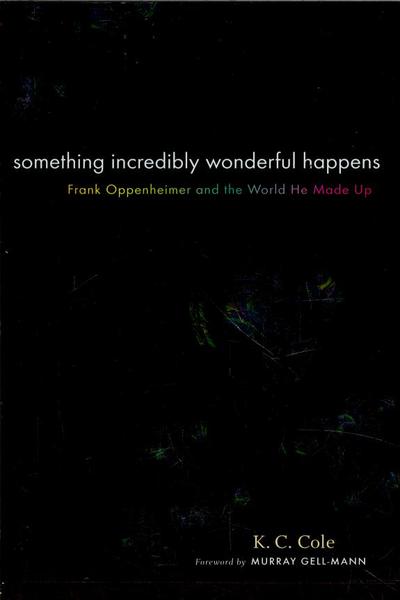
Something Incredibly Wonderful Happens
K. C. Cole
A biography of physicist Frank Oppenheimer, exploring his life, scientific contributions, and the creation of the Exploratorium.
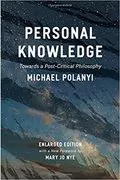
Personal Knowledge
Michael Polanyi
Argues that scientific knowledge is inherently personal, challenging the traditional notion of objective knowledge.
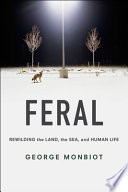
Feral
George Monbiot
Explores the concept of rewilding, advocating for restoring ecosystems to their natural state.
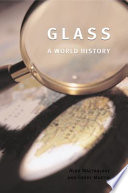
Glass
Alan Macfarlane
Chronicles the history and cultural significance of glass, from its ancient origins to its modern applications.
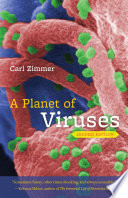
A Planet of Viruses
Carl Zimmer
Explores the role of viruses in nature and human health, covering topics from pandemics to viral evolution.
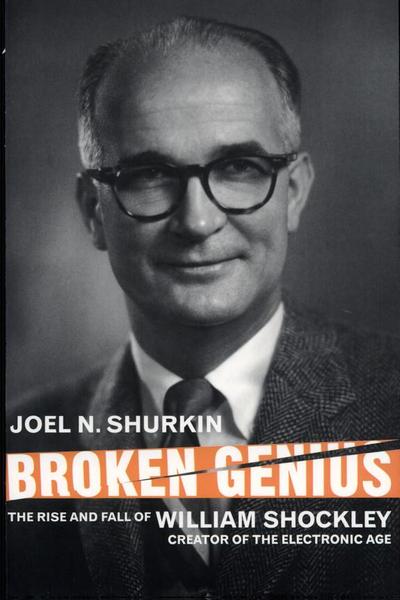
Broken Genius
Joel N. Shurkin
The story of William Shockley, a Nobel-winning physicist whose work led to the development of the transistor and modern electronics.

Little Science, Big Science...and Beyond
Derek J.De Solla Price
Analyzes the growth of scientific knowledge and institutions, examining the differences between "little" and "big" science.
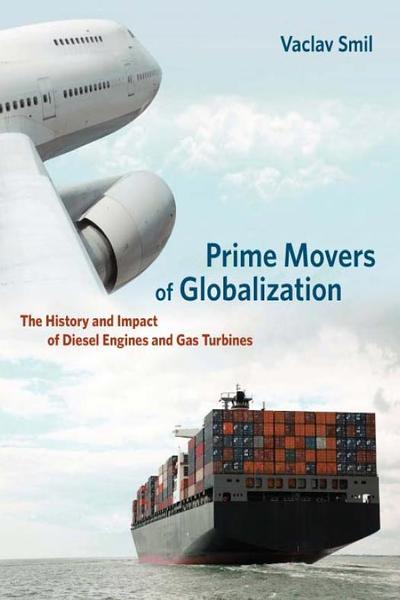
Prime Movers of Globalization
Vaclav Smil
Examines the history and impact of innovations that fueled globalization, from energy sources to transportation.
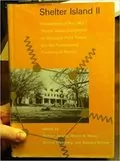
Shelter Island II
Roman Jackiw
A book discussing developments in quantum field theory, aimed at physicists and science enthusiasts.

36 Lectures in Biology
S.E. Luria
A series of lectures on fundamental concepts in biology, covering topics from genetics to molecular biology.
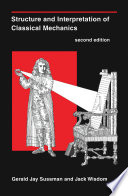
Structure and Interpretation of Classical Mechanics
Gerald Jay Sussman
Covers advanced concepts in classical mechanics using a computational approach.
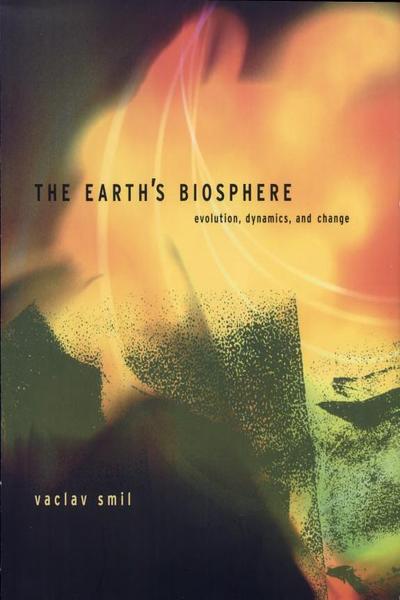
The Earth's Biosphere
Vaclav Smil
Analyzes Earth's biosphere and the human impact on ecosystems, emphasizing sustainability and environmental balance.
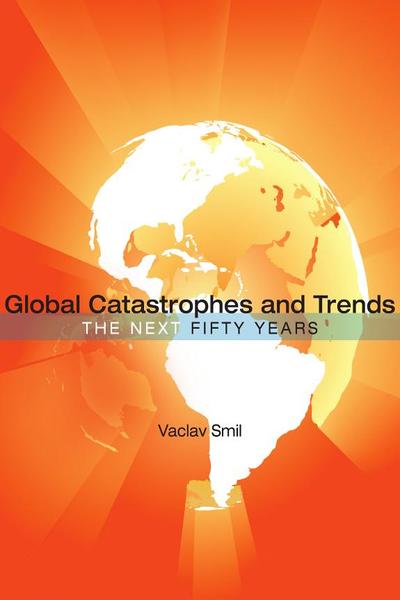
Global Catastrophes and Trends
Vaclav Smil
Examines potential global threats and trends, including environmental changes and technological risks.
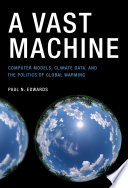
A Vast Machine
Paul N. Edwards
Discusses the infrastructure of climate science, exploring how climate data is collected, analyzed, and used for policy.
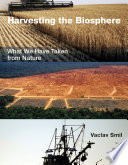
Harvesting the Biosphere
Vaclav Smil
Examines human extraction of resources from the biosphere, discussing sustainability and ecological impact.
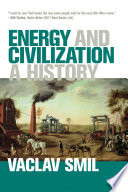
Energy and Civilization
Vaclav Smil
Explores the relationship between energy and civilization, examining how energy sources shaped historical progress.
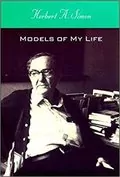
Models of My Life
Herbert A Simon
An autobiography of Herbert Simon, discussing his contributions to economics, artificial intelligence, and cognitive science.
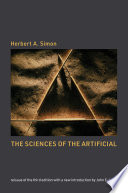
The Sciences of the Artificial
Herbert A Simon
Explores the nature of artificial sciences, discussing systems design, complexity, and problem-solving.
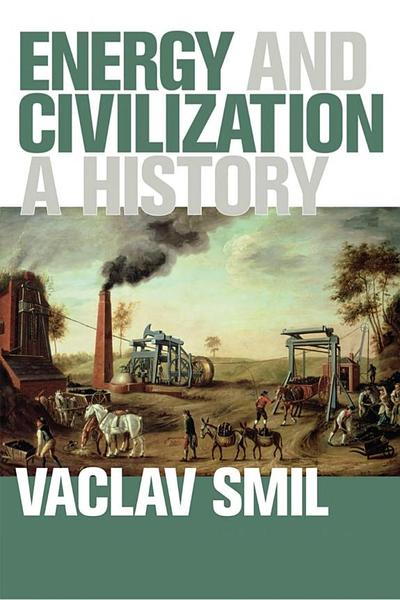
Energies
Vaclav Smil
A survey of the history and impact of energy use, exploring energy sources and their implications for society and the environment.
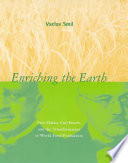
Enriching the Earth
Vaclav Smil
Discusses the global impact of synthetic fertilizers, particularly nitrogen, on agriculture and the environment.
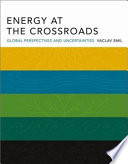
Energy at the Crossroads
Vaclav Smil
Examines the future of energy, discussing potential challenges and solutions for sustainable energy use.
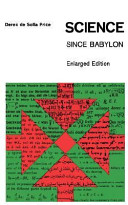
Science Since Babylon
Derek De Solla Price
Analyzes the development of science since the Babylonian era, exploring its cultural and historical significance.
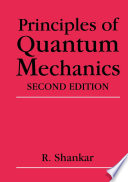
Principles of Quantum Mechanics
R. Shankar
A detailed textbook on quantum mechanics, providing foundational principles and mathematical concepts.
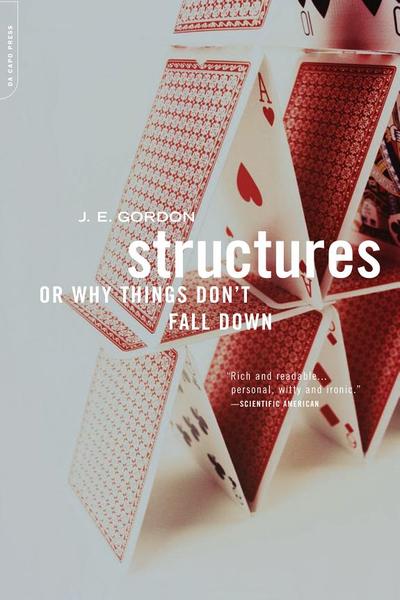
Structures
J. E. Gordon
Explores the principles of structural engineering, examining how materials and shapes affect building stability.
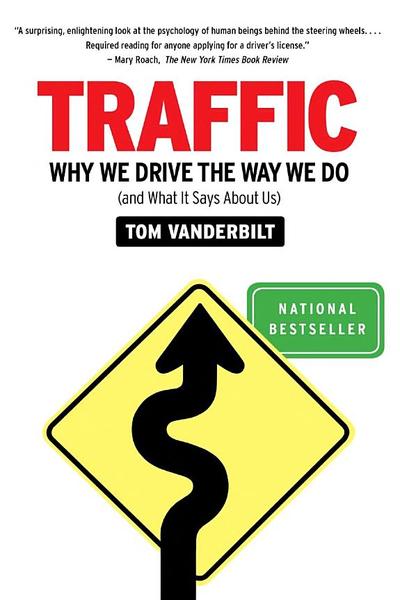
Traffic
Tom Vanderbilt
Examines the psychology and patterns of driving behavior, discussing the science behind traffic flow and road safety.
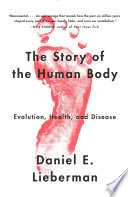
The Story of the Human Body
Daniel Lieberman
Explores human evolution and how modern lifestyles contribute to chronic health issues.
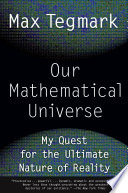
Our Mathematical Universe
Max Tegmark
A physicist’s exploration of the nature of reality, proposing that the universe itself is a mathematical structure.
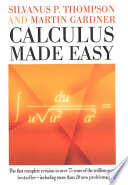
Calculus Made Easy
Silvanus P. Thompson
A simplified introduction to calculus, aimed at making complex concepts accessible to beginners.
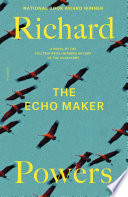
The Echo Maker
Richard Powers
A novel about a man with a rare brain disorder, exploring themes of memory, identity, and environmental science.
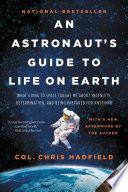
An Astronaut's Guide to Life on Earth
Chris Hadfield
Astronaut Chris Hadfield shares life lessons from his career, focusing on adaptability, preparation, and teamwork.

The Water Will Come
Jeff Goodell
Discusses the impact of rising sea levels on cities and communities around the world, exploring climate change and adaptation strategies.
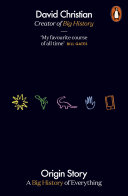
Origin Story
David Christian
A history of the universe, from the Big Bang to the present, combining insights from science, history, and anthropology.
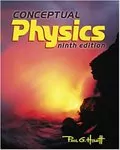
Conceptual Physics
Paul G. Hewitt
An introductory textbook that explains physics concepts in an accessible way, ideal for beginners.
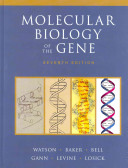
Molecular Biology of the Gene
James Watson
An authoritative textbook on molecular biology, covering fundamental concepts of genetics and cell biology.
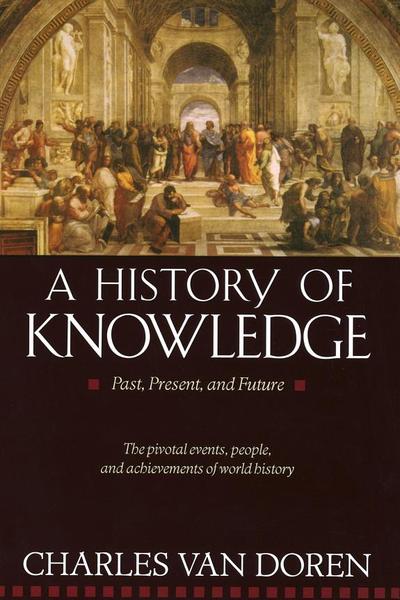
A History of Knowledge
Charles Van Doren
Traces the development of human knowledge across various fields, from ancient history to the modern era.
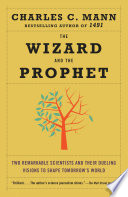
The Wizard and the Prophet
Charles C. Mann
Compares the ideas of two visionaries on how to sustain human life on Earth: one advocating for limits, the other for innovation.
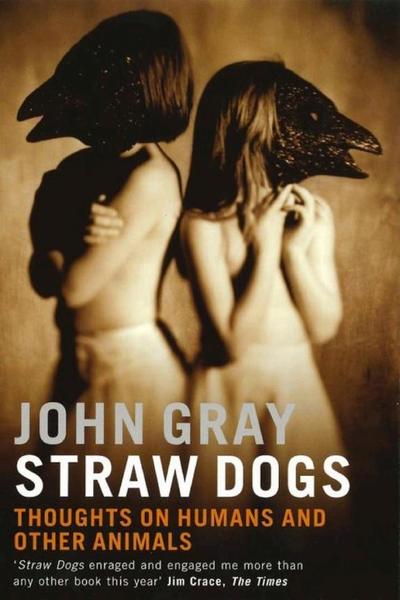
Straw Dogs
John Gray
Challenges the concept of human progress, arguing that humans are no different from other animals.
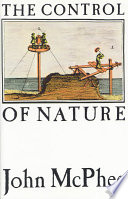
The Control of Nature
John McPhee
Explores human attempts to control natural forces, from volcanoes to rivers, and the limits of these efforts.
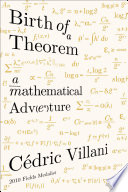
Birth of a Theorem
Cédric Villani
A memoir by mathematician Villani about his journey to prove a groundbreaking theorem, blending math with personal insight.

The Emperor of Scent
Chandler Burr
The story of a scientist's quest to decode the sense of smell, blending science with personal obsession.
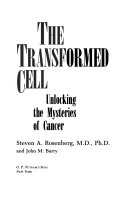
The Transformed Cell
Steven A. Rosenberg
A memoir of Dr. Rosenberg’s pioneering work in cancer immunotherapy, highlighting advances and challenges in medical science.
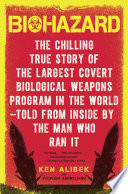
Biohazard
Ken Alibek
A memoir by a former Soviet bioweapons expert, revealing secrets of the Soviet Union's biological warfare program.
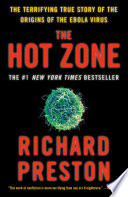
The Hot Zone
Richard Preston
A non-fiction thriller about the origins of Ebola, following outbreaks and the scientists fighting to contain it.
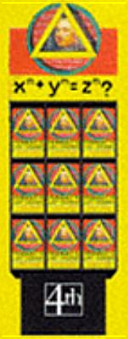
Fermat's Enigma
Simon Singh
The story of the quest to solve Fermat’s Last Theorem, blending mathematics with human perseverance.
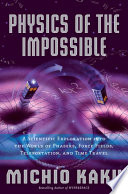
Physics of the Impossible
Michio Kaku
Examines technologies from science fiction, exploring the potential for their real-world applications and scientific feasibility.
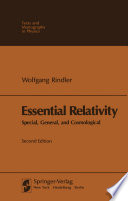
Essential Relativity
Wolfgang Rindler
An introductory textbook on the theory of relativity, explaining complex concepts in a structured and accessible way.
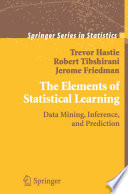
The Elements of Statistical Learning
Trevor Hastie
A comprehensive guide to statistical learning methods, used in data science and predictive modeling.
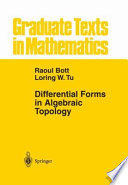
Differential Forms in Algebraic Topology
Raoul Bott
A technical exploration of differential forms and their applications in algebraic topology.

Topics in Advanced Scientific Computation
Richard E. Crandall
Discusses advanced topics in computational science, including algorithms and numerical methods.
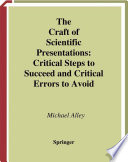
The Craft of Scientific Writing
Michael Alley
A guide to writing effectively in scientific fields, covering clarity, structure, and precision.
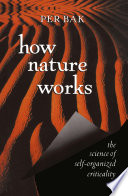
How Nature Works
Per Bak
Introduces the concept of self-organized criticality, exploring patterns in natural phenomena.
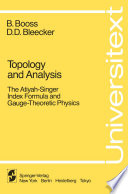
Topology and Analysis
B. Booss
Covers topics in topology and analysis, blending theory with practical applications in mathematics.
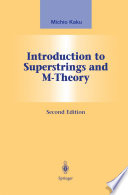
Introduction to Superstrings
Michio Kaku
An introduction to string theory, explaining concepts in theoretical physics and the search for a unified theory.
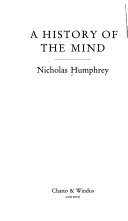
A History of the Mind
Nicholas Humphrey
Explores theories of consciousness and the evolution of the human mind.
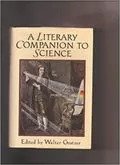
A Literary Companion to Science
Walter Gratzer
A collection of essays on scientific topics, written to be accessible and engaging for a broad audience.
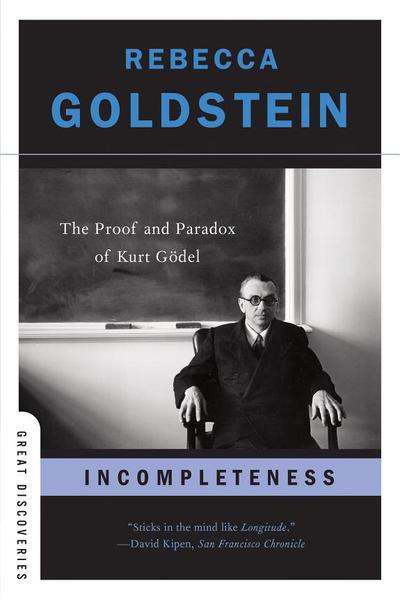
Incompleteness
Rebecca Goldstein
A biography of Kurt Gödel, examining his groundbreaking work on incompleteness in mathematical logic.
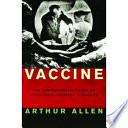
Vaccine
Arthur Allen
A history of vaccines, tracing their development and the controversies surrounding immunization.
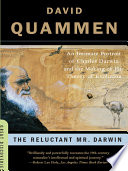
The Reluctant Mr. Darwin
David Quammen
A biography of Charles Darwin, focusing on his life after the publication of *On the Origin of Species*.
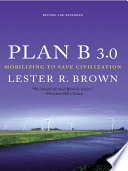
Plan B 3.0
Lester R. Brown
Outlines sustainable strategies for addressing environmental issues, focusing on energy and resource conservation.
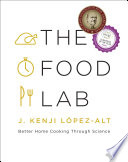
The Food Lab
J. Kenji López-Alt
A comprehensive guide to cooking techniques, explaining the science behind achieving great flavors and textures.
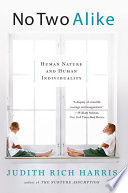
No Two Alike
Judith Rich Harris
Discusses why individuals develop unique personalities, challenging traditional ideas on nature versus nurture.
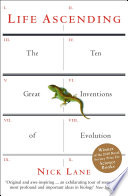
Life Ascending
Nick Lane
Explores the evolutionary processes behind life’s major developments, from DNA to complex cells.
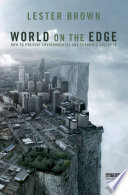
World on the Edge
Lester R. Brown
Discusses environmental and social challenges facing the planet, proposing solutions for sustainable development.
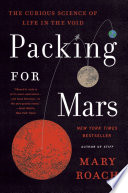
Packing for Mars
Mary Roach
A humorous exploration of the science of space travel, including the challenges astronauts face in zero gravity.
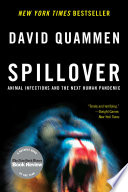
Spillover
David Quammen
Explores how viruses jump from animals to humans, discussing the causes of pandemics and their impact on society.
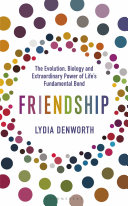
Friendship
Lydia Denworth
Examines the science of friendship, highlighting its benefits and the evolutionary role of social bonds.
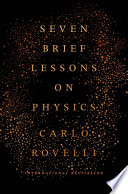
Seven Brief Lessons on Physics
Carlo Rovelli
A concise introduction to modern physics, explaining complex concepts in accessible language.
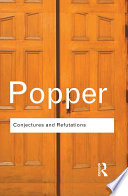
Conjectures and Refutations
Karl Popper
Discusses the philosophy of science, emphasizing the role of falsifiability in the growth of knowledge.
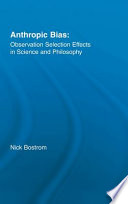
Anthropic Bias
Nick Bostrom
Examines philosophical questions surrounding human existence, including theories of probability and selection.
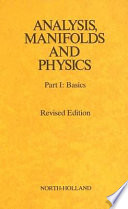
Analysis, Manifolds and Physics, Part 1
Yvonne Choquet-Bruhat
A mathematical text covering differential geometry and its applications in physics.
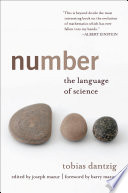
Number
Tobias Dantzig
A historical exploration of the concept of numbers and mathematics, from ancient times to modern theories.
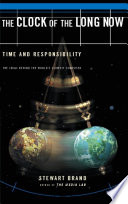
The Clock Of The Long Now
Stewart Brand
Discusses long-term thinking and the importance of designing for the future, inspired by the Long Now Foundation.
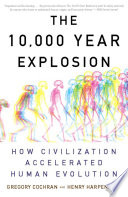
The 10,000 Year Explosion
Gregory Cochran
Proposes that human evolution has accelerated in recent history, influenced by environmental and cultural factors.
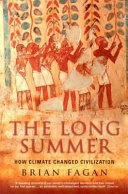
The Long Summer
Brian Fagan
Examines climate’s impact on human history, exploring how environmental changes shaped civilizations.
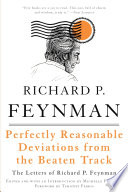
Perfectly Reasonable Deviations from the Beaten Track
Richard P. Feynman
A collection of letters by physicist Richard Feynman, revealing his thoughts on science, education, and life.
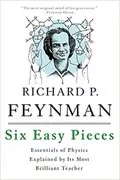
Six Easy Pieces
Richard P. Feynman
A collection of six lectures introducing the fundamental concepts of physics, aimed at a general audience.
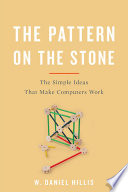
The Pattern On The Stone
Danny Hillis
Explains how computers work, breaking down complex concepts for a lay audience.
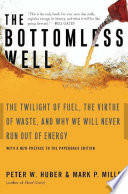
The Bottomless Well
Peter Huber
Discusses energy consumption and its role in economic growth, challenging traditional views on energy limits.
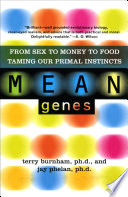
Mean Genes
Terry Burnham
Explores how evolutionary biology and genetics influence human behavior, including decision-making and risk.
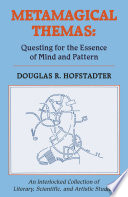
Metamagical Themas
Douglas R. Hofstadter
A collection of essays on topics ranging from puzzles and logic to linguistics and philosophy.
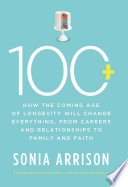
100 Plus
Sonia Arrison
Explores the science and ethics of life extension, envisioning a future where people live beyond 100 years.
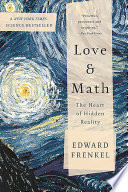
Love and Math
Edward Frenkel
A memoir by a mathematician, blending his personal journey with explanations of mathematical concepts.
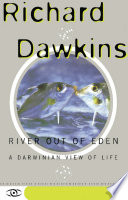
River Out of Eden
Richard Dawkins
Explores the theory of evolution from a genetic perspective, presenting it as a "river of DNA" over generations.
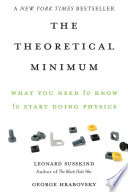
The Theoretical Minimum
Leonard Susskind
An introduction to the fundamentals of theoretical physics, intended for readers with no prior physics background.
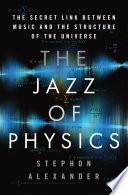
The Jazz of Physics
Stephon Alexander
Explores the relationship between music, specifically jazz, and physics, looking at how musical principles relate to cosmic phenomena.
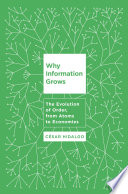
Why Information Grows
Cesar Hidalgo
Analyzes how information and knowledge expand, contributing to economic growth and societal advancement.
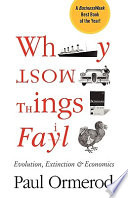
Why Most Things Fail
Paul Ormerod
Investigates why businesses and economic systems fail, using insights from biology and economics.
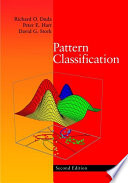
Pattern Classification
Richard O. Duda
A comprehensive guide on pattern recognition and classification for machine learning and AI applications.
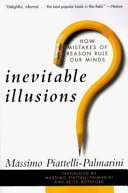
Inevitable Illusions
Massimo Piattelli-Palmarini
Discusses cognitive biases and decision-making errors, drawing from psychology and behavioral science.

Altered States of Consciousness
Charles T. Tart
A study on various states of consciousness, including meditation, hypnosis, and dreams.
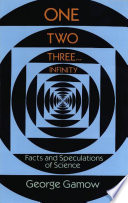
One Two Three . . . Infinity
George Gamow
An accessible introduction to scientific concepts, including mathematics, physics, and cosmology.
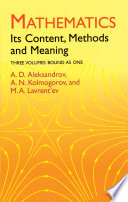
Mathematics
A. D. Aleksandrov
An introductory book on fundamental mathematics concepts, covering geometry, algebra, and number theory.
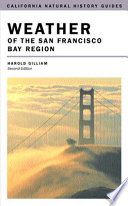
Weather of the San Francisco Bay Region
Harold Gilliam
Describes the unique weather patterns of the San Francisco Bay Area, blending science with local lore.
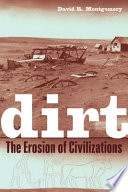
Dirt
David R. Montgomery
Explores the history of soil degradation and its impact on human civilizations.
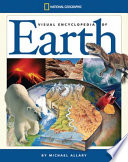
The Encyclopedia of Earth
Michael Allaby
Comprehensive reference work covering environmental science topics, from ecosystems to climate change.
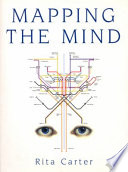
Mapping the Mind
Rita Carter
A guide to how the brain works, mapping various functions and exploring recent discoveries in neuroscience.
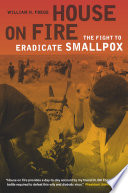
House on Fire
William H. Foege
A memoir of Foege’s work in eradicating smallpox and the lessons learned in global health efforts.
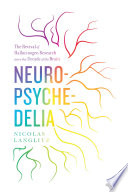
Neuropsychedelia
Nicolas Langlitz
Examines the intersection of neuroscience and psychedelics, exploring their use in therapeutic settings.
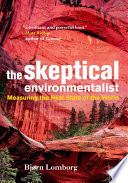
The Skeptical Environmentalist
Bj√∏rn Lomborg
Challenges conventional environmental views, analyzing data on climate change, pollution, and resources.
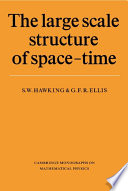
The Large Scale Structure of Space-Time
Stephen W. Hawking
Explores the structure of the universe at large scales, discussing relativity and the nature of space-time.
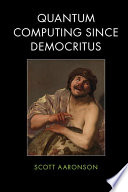
Quantum Computing since Democritus
Scott Aaronson
A complex yet humorous look at quantum computing, philosophy, and the theory of knowledge.
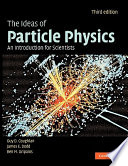
The Ideas of Particle Physics
J. E. Dodd
An introduction to particle physics, covering fundamental particles and forces in the universe.
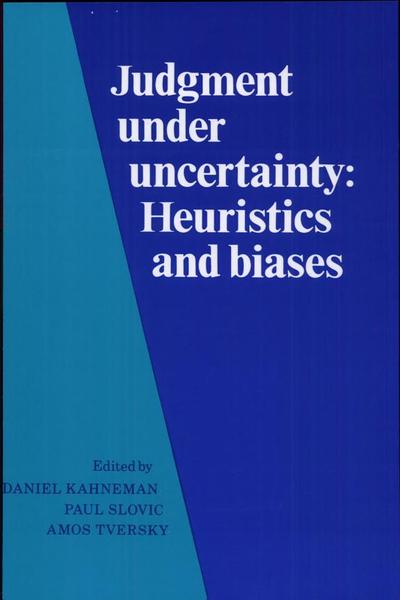
Judgment Under Uncertainty
Daniel Kahneman
Discusses cognitive biases in decision-making, foundational work in behavioral economics.
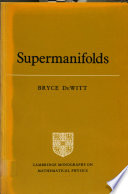
Supermanifolds
Bryce DeWitt
Advanced mathematical text exploring supermanifolds and their applications in theoretical physics.
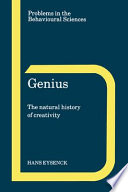
Genius
Eysenck
Examines the nature of genius and intelligence, exploring cognitive abilities and personality traits.
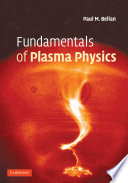
Fundamentals of Plasma Physics
Paul M. Bellan
A comprehensive guide on plasma physics, covering theoretical foundations and applications.
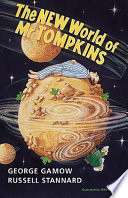
The New World of Mr Tompkins
George Gamow
A fictional journey through complex scientific concepts, presented in an accessible way.
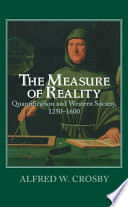
The Measure of Reality
Alfred Crosby
Explores the quantification of reality in the Middle Ages and its impact on modern science and technology.
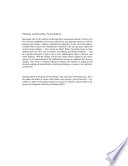
Thinking and Deciding
Jonathan Baron
An in-depth look at human decision-making processes, covering biases, logic, and problem-solving.
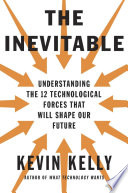
The Inevitable
Kevin Kelly
Predicts the twelve technological forces that will shape our future, exploring technology's role in society.
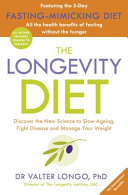
The Longevity Diet
Valter Longo
Offers dietary and lifestyle tips for living a longer, healthier life, based on scientific research.
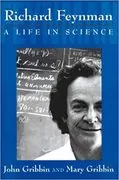
Richard Feynman
John Gribbin
Biography of physicist Richard Feynman, highlighting his contributions to science and unique personality.
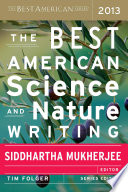
The Best American Science and Nature Writing 2013
Siddhartha Mukherjee
A curated collection of insightful essays on science and nature from leading writers.
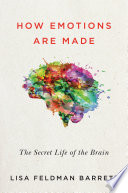
How Emotions Are Made
Lisa Feldman Barrett
A theory on how emotions are constructed by the brain, challenging traditional views on emotions.
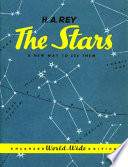
The Stars
H. A. Rey
A guide to understanding and identifying constellations, aimed at beginners and star-gazers.
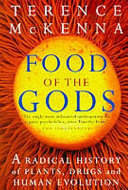
Food of the Gods
Terence McKenna
Explores the relationship between humans and psychoactive plants, arguing for their cultural significance.
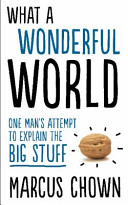
What a Wonderful World
Marcus Chown
An accessible guide to complex scientific concepts, explaining them in everyday language.
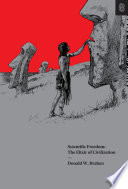
Scientific Freedom
Donald W. Braben
Discusses the importance of supporting scientific research that falls outside the mainstream.
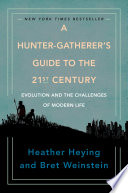
A Hunter-Gatherer's Guide to the 21st Century
Bret Weinstein
Examines modern society from an evolutionary perspective, with insights on improving health and happiness.
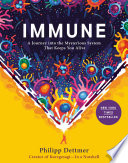
Immune
Philipp Dettmer
An accessible, illustrated guide to the immune system and how it protects us.
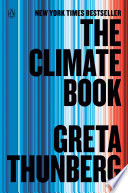
The Climate Book
Greta Thunberg
Greta Thunberg’s guide on climate change, featuring contributions from various climate experts.
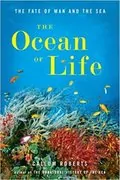
The Ocean of Life
Callum Roberts
Examines the challenges facing ocean ecosystems and the importance of marine conservation.
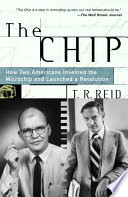
The Chip
T. R. Reid
Chronicles the development of the microchip and its transformative impact on technology.
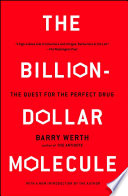
The Billion-Dollar Molecule
Barry Werth
A deep dive into the biotechnology industry and the creation of a breakthrough pharmaceutical company.
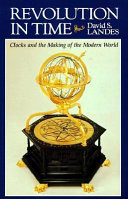
Revolution in Time
David S. Landes
Explores the history of timekeeping and the impact of accurate time measurement on society and industry.
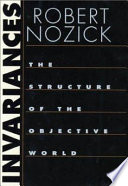
Invariances
Robert Nozick
Discusses the nature of objective reality, presenting Nozick's philosophical perspectives on invariance and value.
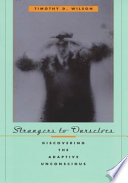
Strangers to Ourselves
Timothy D. Wilson
Explores the concept of the unconscious mind and its influence on our decisions and behavior.
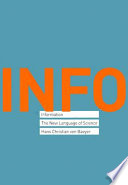
Information
Hans Christian von Baeyer
Explores the concept of information from a philosophical perspective, addressing its impact on human understanding and technology.
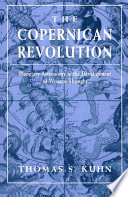
The Copernican Revolution
Thomas S. Kuhn
Analyzes the scientific revolution sparked by Copernicus' heliocentric theory, examining its impact on modern science.
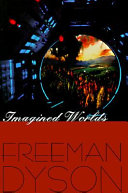
Imagined Worlds
Freeman Dyson
Explores scientific concepts of parallel universes, artificial intelligence, and the future of humanity.
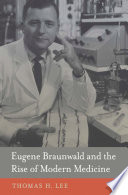
Eugene Braunwald and the Rise of Modern Medicine
Thomas H. Lee
Chronicles the career of Eugene Braunwald and his contributions to cardiology and modern medicine.
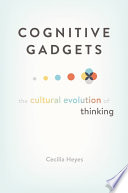
Cognitive Gadgets
Cecilia Heyes
Examines how human thinking has evolved through social interactions and cultural learning.
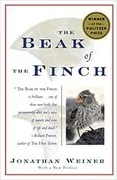
The Beak of the Finch
Jonathan Weiner
Chronicles evolutionary research on the Galápagos finches and Darwin’s theory of natural selection.
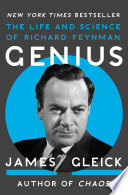
Genius
James Gleick
Examines the nature of genius and intelligence, exploring cognitive abilities and personality traits.
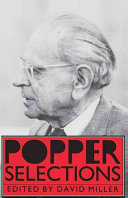
Popper Selections
Karl R. Popper
An anthology of Popper's work on philosophy of science, critical thinking, and open society.
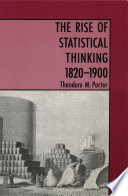
The Rise of Statistical Thinking, 1820-1900
Theodore M. Porter
Chronicles the history and development of statistical thinking in the 19th century.
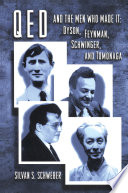
QED and the Men Who Made It
Silvan S. Schweber
Tells the story of the scientists behind quantum electrodynamics and their contributions to physics.
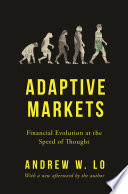
Adaptive Markets
Andrew W. Lo
Proposes a new theory of markets based on evolutionary principles.
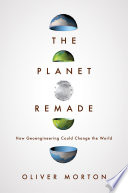
The Planet Remade
Oliver Morton
Examines geoengineering as a potential solution to climate change.
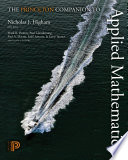
The Princeton Companion to Applied Mathematics
Nicholas J. Higham
A comprehensive guide covering key concepts and applications in applied mathematics.
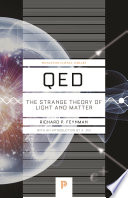
QED
Richard P. Feynman
Feynman’s account of quantum electrodynamics, explaining complex scientific ideas for general readers.
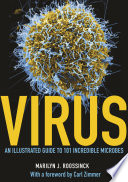
Virus
Marilyn J. Roossinck
An accessible exploration of viruses, their diversity, and their roles in ecosystems.
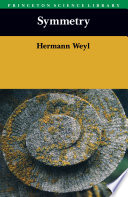
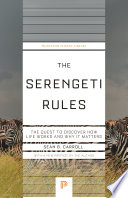
The Serengeti Rules
Sean B. Carroll
Explores biological rules that govern ecosystems and human health.
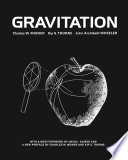
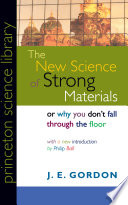
The New Science of Strong Materials
J.E. Gordon
A classic book explaining the science behind materials and their properties.
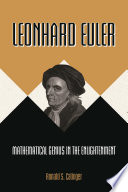
Leonhard Euler
Ronald S. Calinger
A biography of mathematician Leonhard Euler, covering his contributions to various fields of science.
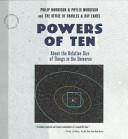
Powers of Ten
Philip Morrison
A classic book illustrating the scale of the universe, from the microscopic to the cosmic.
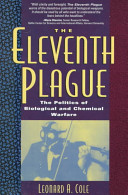
The Eleventh Plague
Leonard A. Cole
Examines the threat of biological warfare and efforts to prevent it.

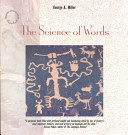
The Science of Words
George A. Miller
Examines the psychology of language and how humans understand words.
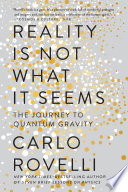
Reality Is Not What It Seems
Carlo Rovelli
An exploration of modern physics, focusing on quantum mechanics and theories of reality.
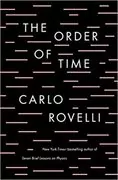
The Order of Time
Carlo Rovelli
Discusses the concept of time from a scientific and philosophical perspective.
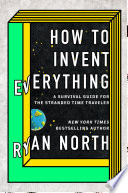
How to Invent Everything
Ryan North
A humorous "survival guide" for inventing technologies from scratch in any era.
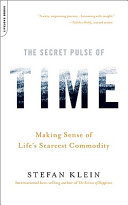
The Secret Pulse of Time
Stefan Klein
Examines how humans perceive and interact with time, blending psychology and science.
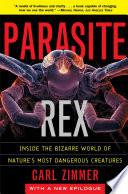
Parasite Rex
Carl Zimmer
Examines the world of parasites and their role in evolution and ecosystems.
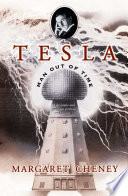
Tesla
Margaret Cheney
A biography of inventor Nikola Tesla, focusing on his scientific contributions and eccentric life.
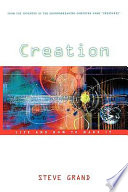
Creation
Steve Grand
Explores artificial life and computer simulation as tools for understanding biology and consciousness.
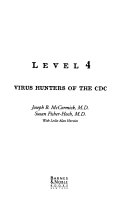
Level 4
Joseph B McCormick
Examines deadly viruses and the scientists who study them, focusing on high-stakes containment situations.
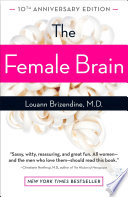
The Female Brain
Louann Brizendine
Examines the neurological differences between male and female brains and their impacts on behavior.
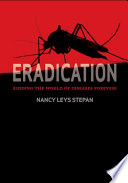
Eradication
Nancy Leys Stepan
Investigates the history and ethics of global disease eradication campaigns.
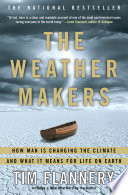
The Weather Makers
Tim Flannery
An examination of climate change and its impact on the environment and humanity.

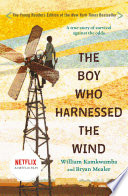
The Boy Who Harnessed the Wind
William Kamkwamba
The inspiring true story of a boy from Malawi who built a windmill to save his village from famine.
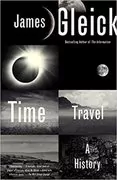
Time Travel
James Gleick
Explores the concept of time travel in literature, science, and philosophy.
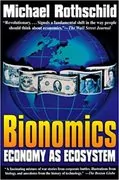
Bionomics
Michael Rothschild
Discusses economics and society through the lens of biological and ecological systems.

Grand Unified Theories
Graham Ross
Introduces and explains grand unified theories in physics.
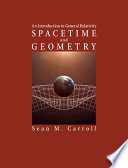
Spacetime and Geometry
Sean Carroll
A comprehensive introduction to general relativity and spacetime.
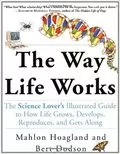
The Way Life Works
Mahlon Hoagland
Explains biological concepts and the science of life in an accessible way.
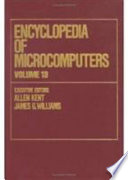
A Decade of Research
Giuliana ed. Lavendel
A compilation of significant research findings over the past decade in various fields.
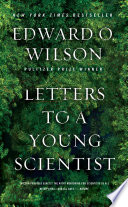
Letters to a Young Scientist
Edward O. Wilson
Advice for aspiring scientists on curiosity, career paths, and scientific thinking.
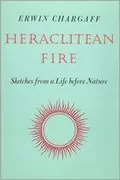
Heraclitean Fire
Erwin Chargaff
Reflections on the nature of science and the life of a scientist.
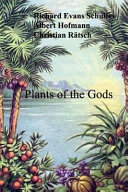
Plants of the Gods
Richard Evans Schultes
Explores the cultural and spiritual significance of psychoactive plants.
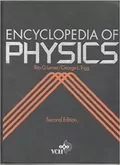
Encyclopedia of Physics
Rita Lerner
A comprehensive reference book on various topics in physics.
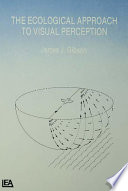
The Ecological Approach to Visual Perception
James J. Gibson
Introduces ecological psychology, emphasizing direct perception and interaction with the environment.
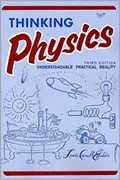
Thinking Physics
Lewis Carroll Epstein
A playful exploration of physics principles through thought-provoking puzzles.
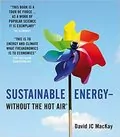
Sustainable Energy
David JC MacKay
Examines realistic approaches to sustainable energy solutions.
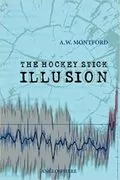
The Hockey Stick Illusion
A W Montford
Critiques climate science, focusing on the hockey stick graph debate.
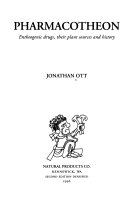

Magic Mushrooms Around the World
Jochen Gartz
Explores the history, use, and cultural significance of psychedelic mushrooms.
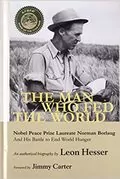
The Man Who Fed the World
Leon Hesser
Biography of Norman Borlaug, who pioneered the Green Revolution in agriculture.
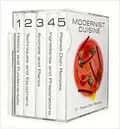
Modernist Cuisine
Nathan Myhrvold
An in-depth look at culinary techniques and the science behind cooking.
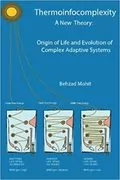
Thermoinfocomplexity
Behzad Mohit
A scientific exploration of thermodynamics and information theory.
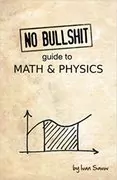
No bullshit guide to math and physics
Ivan Savov
A practical and clear introduction to essential math and physics concepts.
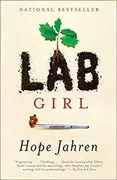
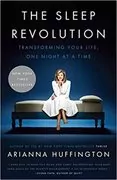
The Sleep Revolution
Arianna Huffington
Examines the science of sleep and advocates for a better sleep culture.
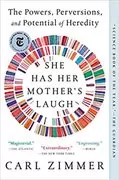
She Has Her Mother's Laugh
Carl Zimmer
Explores the concept of heredity, from genetic inheritance to cultural influences.
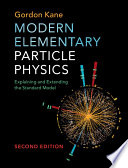
Modern Elementary Particle Physics
Gordon Kane
An introduction to particle physics and the fundamental particles of matter.

What is Life?
Erwin Schrodinger
Discusses the nature of life from a physicist's perspective, influencing modern biology.
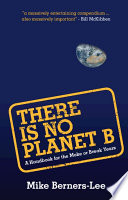
There Is No Planet B
Mike Berners-Lee
A guide to sustainable living and the environmental challenges facing the planet.
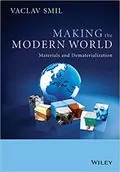
Making the Modern World
Vaclav Smil
Analyzes the material and energy resources that have shaped modern civilization.
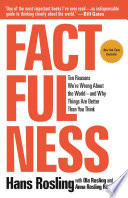
Factfulness
Hans Rosling
Debunks myths and misunderstandings about the state of the world, with a focus on data-driven optimism.
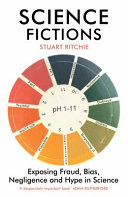
Science Fictions
Stuart Ritchie
Investigates issues in scientific research, including reproducibility and biases.
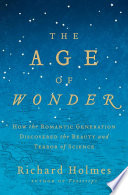
The Age of Wonder
Richard Holmes
Explores the lives and contributions of scientists from the Romantic Age.
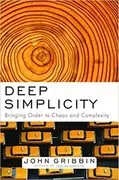
Deep Simplicity
John Gribbin
Explores chaos theory and complexity science, examining the simple principles underlying complex systems.
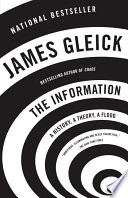
The Information
James Gleick
Explores the history of information, communication, and the technological transformations shaping modern life.
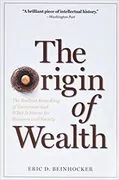
The Origin of Wealth
Eric D. Beinhocker
Discusses the evolution of economics and complexity science, exploring wealth creation and economic systems.
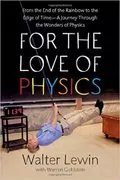
For the Love of Physics
Walter Lewin
Explains fundamental concepts in physics through accessible and engaging stories.
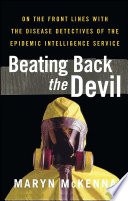
Beating Back the Devil
Maryn McKenna
Chronicles the experiences of disease detectives in the CDC’s Epidemic Intelligence Service.
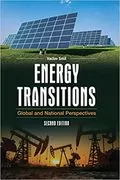
Energy Transitions
Vaclav Smil
Discusses historical energy transitions and the challenges of moving toward sustainable energy.
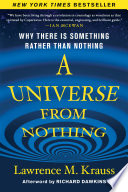
A Universe from Nothing
Lawrence M. Krauss
Explores cosmology and the origin of the universe, arguing for the possibility of something emerging from nothing.
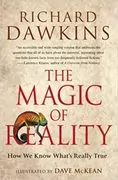
The Magic of Reality
Richard Dawkins
Introduces scientific explanations for natural phenomena, aimed at making science accessible to all ages.
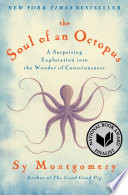
The Soul of an Octopus
Sy Montgomery
An exploration of the intelligence and consciousness of octopuses, revealing their complex behavior.
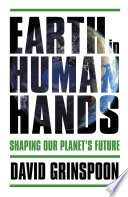
Earth in Human Hands
David Grinspoon
Examines humanity’s impact on Earth and the role humans play in its future sustainability.
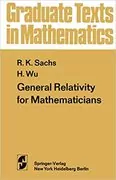
General Relativity for Mathematicians
R.K. Sachs
A detailed mathematical approach to understanding Einstein’s theory of relativity.
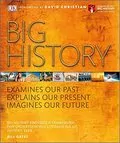
Big History
DK
A comprehensive overview of history from the Big Bang to present day, connecting science and history.
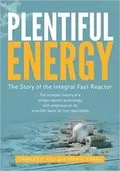
Plentiful Energy
Charles E. Till
Discusses the potential of nuclear power for sustainable energy and environmental impact.
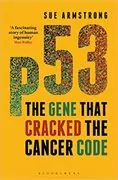
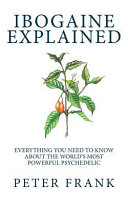
Ibogaine Explained
Peter Frank
An exploration of the drug ibogaine and its potential as a treatment for addiction.
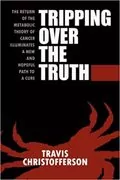
Tripping over the Truth
Travis Christofferson
Challenges traditional views of cancer and explores alternative theories for treatment.
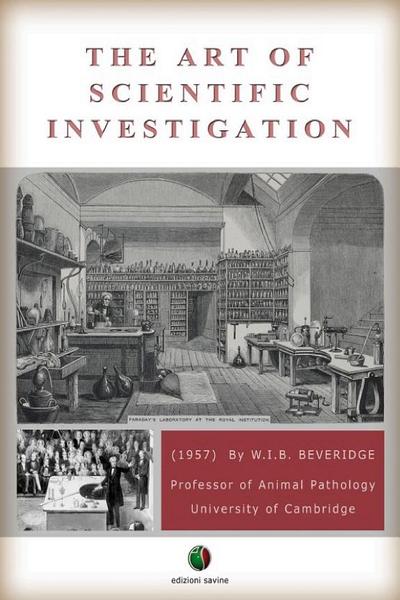
The Art Of Scientific Investigation
W. I. B. Beveridge
A guide on scientific research methodology and critical thinking.
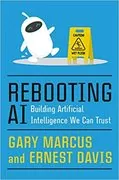
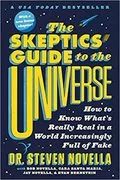
The Skeptics' Guide to the Universe
Steven Novella
A toolkit for thinking critically and scientifically.
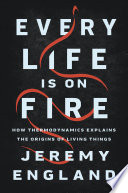
Every Life Is on Fire
Jeremy England
A scientific and philosophical look at life and the universe.
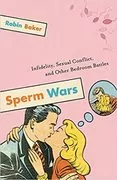
Sperm Wars
Robin Baker
Examination of human sexual behavior from an evolutionary perspective.
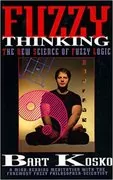
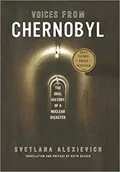
Voices From Chernobyl
Svetlana Alexievich
Oral history of the Chernobyl disaster and its impact on survivors.
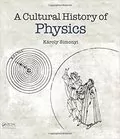
A Cultural History of Physics
K√°roly Simonyi
Exploration of the development of physics in cultural context.
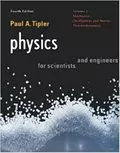
Physics for Scientists and Engineers
Paul A. Tipler
Comprehensive physics textbook for science and engineering students.
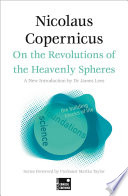
On the Revolutions of Heavenly Spheres
Nicolaus Copernicus
Foundational work in astronomy detailing heliocentrism.
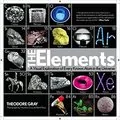
The Elements
Theodore Gray
Visual and informative guide to the elements of the periodic table.
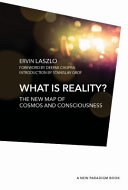
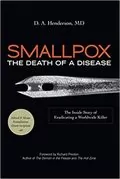
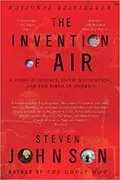
The Invention of Air
Steven Johnson
Biography of Joseph Priestley, focusing on his scientific and political ideas.
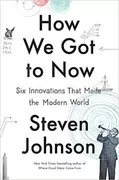
How We Got to Now
Steven Johnson
Explores the history of innovation in six areas: glass, cold, sound, clean, time, and light.
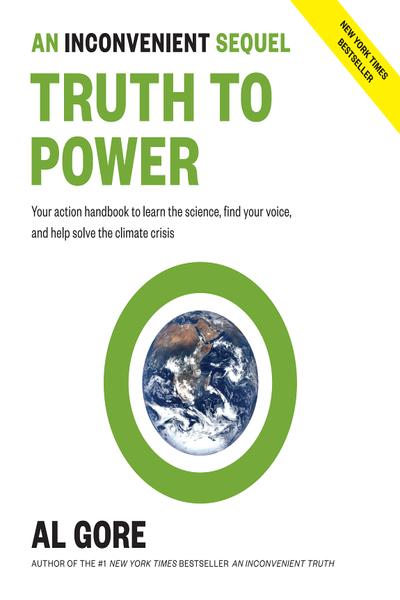
An Inconvenient Truth
Al Gore
Documentary companion book on climate change and environmental issues.
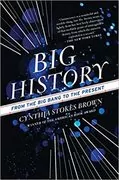
Big History
Cynthia Stokes Brown
A comprehensive overview of history from the Big Bang to present day, connecting science and history.
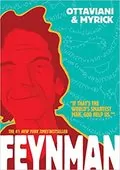
Feynman
Jim Ottaviani
Graphic biography of physicist Richard Feynman, detailing his life and contributions to science.
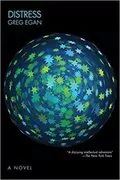
Distress
Greg Egan
Sci-fi novel involving themes of quantum theory, consciousness, and virtual reality.
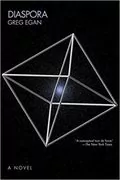
Diaspora
Greg Egan
Sci-fi novel exploring virtual societies, post-humanity, and identity in a digital world.
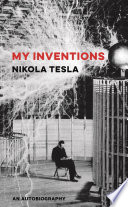
My Inventions
Nikola Tesla
Autobiography of inventor Nikola Tesla, chronicling his life and scientific contributions.
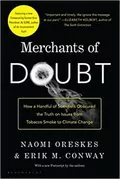
Merchants of Doubt
Naomi Oreskes
Investigates how scientists mislead the public on issues like climate change and smoking.
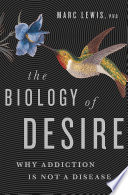
The Biology of Desire
Marc Lewis
Examines addiction from a neuroscientific perspective, challenging conventional views of addiction.

Happy Accidents
Morton Meyers MD
Discusses how serendipity and unexpected events have contributed to breakthroughs in medicine.
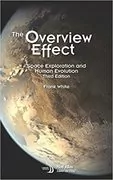
The Overview Effect
Frank White
Examines the transformative experience of seeing Earth from space and its impact on astronauts and human consciousness.
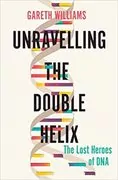
Unravelling the Double Helix
Gareth Williams
History of the discovery of DNA's structure and its scientific impact.
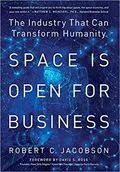
Space Is Open For Business
Robert C. Jacobson
Examines the future of commercial space exploration.
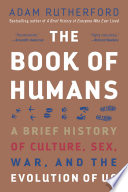
The Book of Humans
Adam Rutherford
Explores what distinguishes humans from other animals, with a focus on evolution.
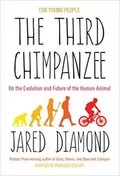
The Third Chimpanzee
Jared Diamond
Explores human evolution, behavior, and cultural practices.
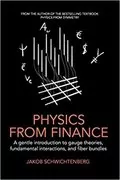
Physics from Finance
Jakob Schwichtenberg
Explores physics concepts through the lens of finance.
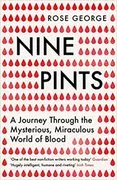
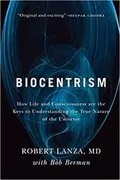
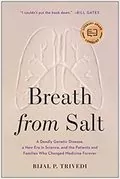
Breath from Salt
Bijal P. Trivedi
Story of scientific breakthroughs in cystic fibrosis research.

Quantum Field Theory and Topology
Albert S. Schwarz
Advanced study in physics covering quantum field theory.
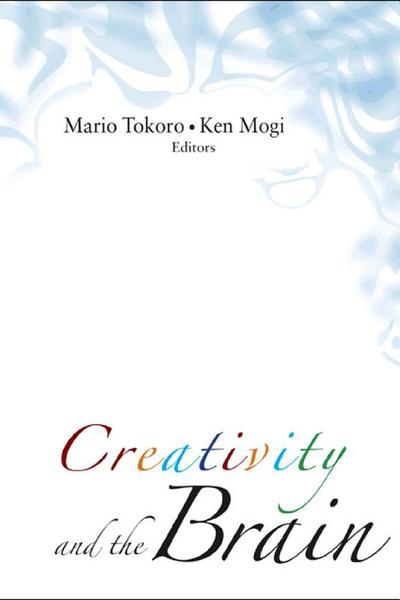
Creativity and the Brain
Mario Tokoro
Explores the connection between creativity and brain science.
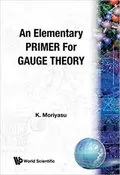
An Elementary Primer For Gauge Theory
K Moriyasu
Primer on gauge theory, fundamental in theoretical physics.

The Republic of Science
Michael Polanyi
Philosophical exploration of science and its societal role.
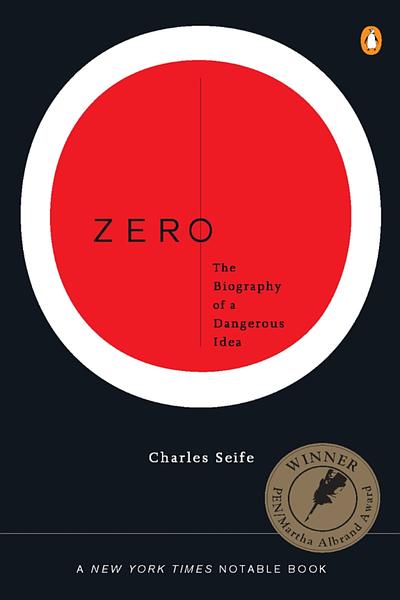
Zero
Charles Seife
Exploration of the concept of zero and its impact on science and philosophy.
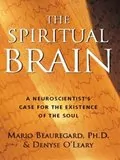
The Spiritual Brain
Mario Beauregard
Exploration of the intersection between neuroscience and spirituality.
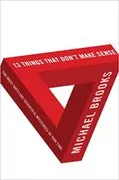
13 Things That Don't Make Sense
Michael Brooks
Exploration of scientific anomalies that defy conventional understanding.
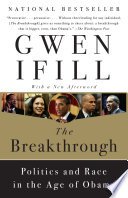
The Breakthrough
Gwen Ifill
Chronicles the development of cancer immunotherapy, exploring the science and stories behind this medical innovation.
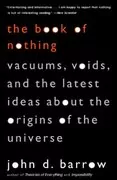
The Book of Nothing
John D. Barrow
Exploration of the concept of "nothingness" and its impact on science and philosophy.
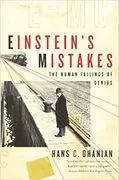
Einstein's Mistakes
Hans C. Ohanian
Examination of Einstein's errors and their role in his breakthroughs.
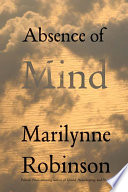
Absence of Mind
Marilynne Robinson
Essays on the interplay between science, philosophy, and religion.
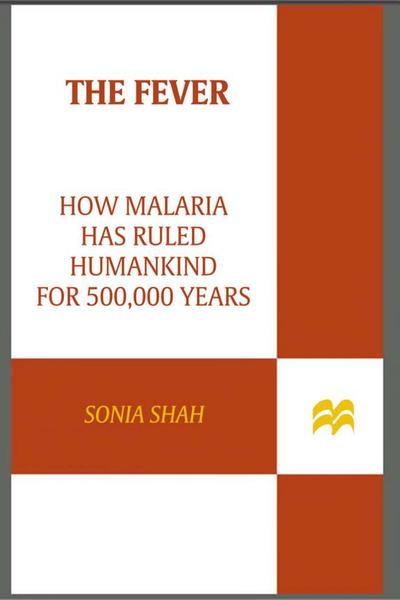
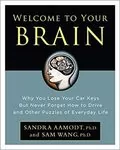
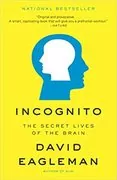
Incognito
David Eagleman
Examination of the unconscious mind and its influence on our lives.
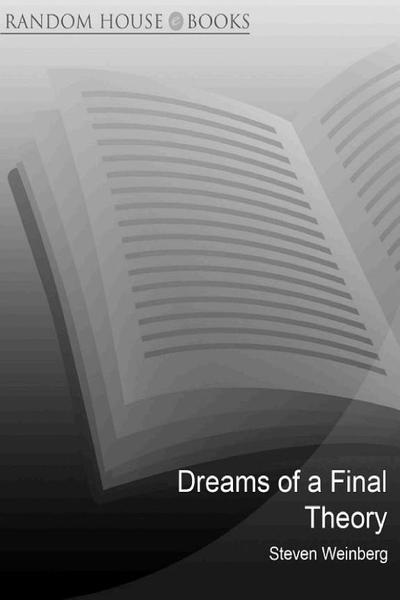
Dreams of a Final Theory
Steven Weinberg
Physicist's perspective on the quest for a unified theory of the universe.
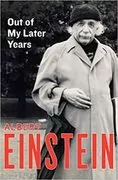
Out of My Later Years
Albert Einstein
Collection of essays on science, philosophy, and society by Einstein.

Energy Myths and Realities
Vaclav Smil
Debunks common misconceptions about energy and its future.
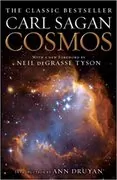
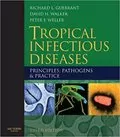
Tropical Infectious Diseases
Richard L. Guerrant
Comprehensive guide on tropical diseases and their impact.
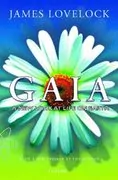
Gaia
James Lovelock
Introduction to the Gaia hypothesis, proposing Earth as a self-regulating organism.
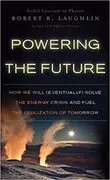
Powering the Future
Robert B. Laughlin
Examination of energy sources and solutions for a sustainable future.
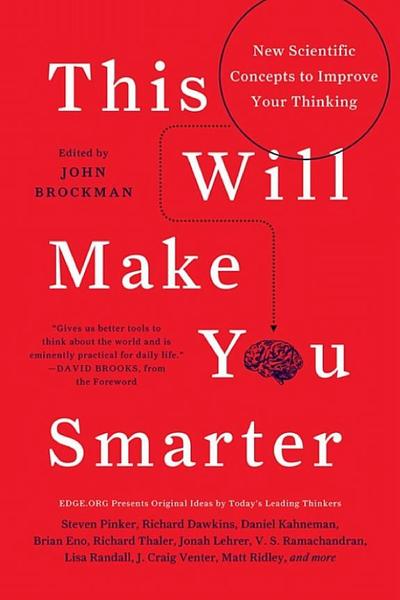
This Will Make You Smarter
John Brockman
Collection of insights from scientists and thinkers on improving intelligence.
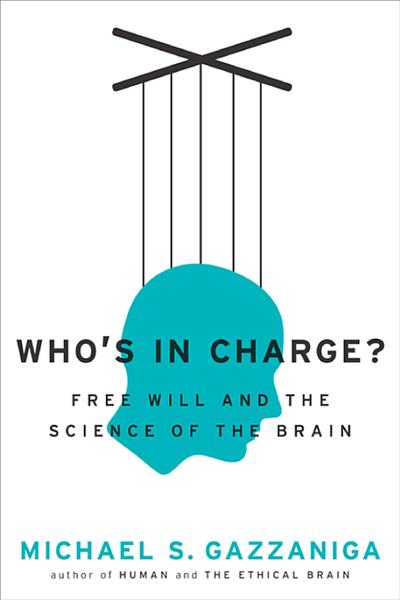
Who's in Charge?
Michael S. Gazzaniga
Exploration of neuroscience and the concept of free will.

Bad Pharma
Ben Goldacre
Exposé on the pharmaceutical industry’s practices and its impact on health care.
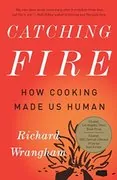
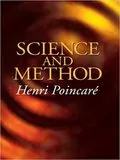
Science and Method
Henri Poincaré
Examination of the scientific method and its philosophical implications.
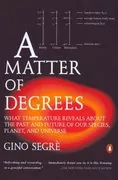
A Matter of Degrees
Gino Segre
Examination of temperature and its influence on physical phenomena and scientific discoveries.

Save Our Science
Ainissa Ramirez
Advocacy for reform in science education to inspire and engage young students.

The Immortalist
Alan Harrington
Philosophical exploration of humankind's quest for immortality.
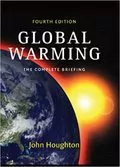
Global Warming
John Theodore Houghton
Overview of climate science and the evidence and implications of global warming.
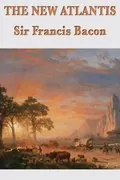
The New Atlantis
Sir Francis Bacon
Philosophical text presenting Bacon’s vision of an ideal society driven by scientific exploration.
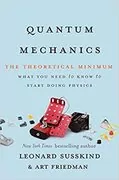
Quantum Mechanics
Leonard Susskind
An accessible introduction to quantum mechanics from a prominent physicist.
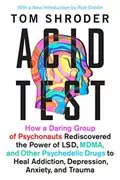
Acid Test
Tom Shroder
Exploration of the therapeutic potential of psychedelics in treating mental health issues.
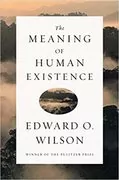
The Meaning of Human Existence
Edward O. Wilson
Exploration of humanity's place in the universe, blending science and philosophy.
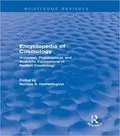
Encyclopedia of Cosmology
Norriss S. Hetherington
Comprehensive reference on cosmology and theories of the universe's origin.
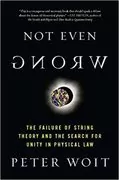
Not Even Wrong
Peter Woit
Critique of string theory and discussion of the limitations of modern theoretical physics.

Autobiographies
Charles Darwin
Darwin's reflections on his life, career, and his theories on evolution.
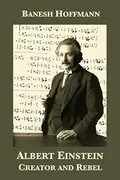
Albert Einstein
Banesh Hoffmann
Biography of Albert Einstein, exploring his life, theories, and contributions to science.
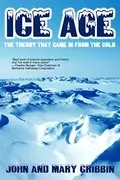
Ice Age
John Gribbin
Exploration of Earth’s ice ages, climate change, and scientific discoveries about Earth's history.
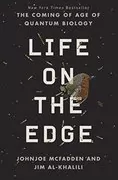
Life on the Edge
Johnjoe McFadden
Discusses quantum biology and its implications for understanding life and consciousness.
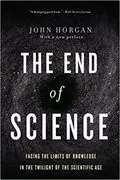
The End Of Science
John Horgan
Critique of modern science and exploration of whether we've reached the limits of scientific knowledge.
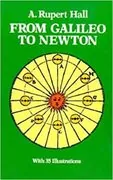
From Galileo to Newton
A. Rupert Hall
Exploration of the Scientific Revolution and its major figures, from Galileo to Newton.
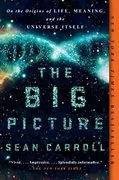
The Big Picture
Sean Carroll
Exploration of physics, philosophy, and the meaning of life from a scientific perspective.
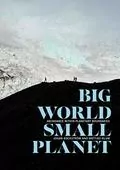
Big World, Small Planet
Johan Rockström
Analysis of the environmental and social impact of human activities on Earth’s ecosystems.

Sustainable Materials
Julian M. Allwood
Comprehensive overview of sustainable materials and strategies for resource conservation.

The Elements of Power
David S. Abraham
Exploration of rare metals and their importance in modern technology and geopolitical issues.
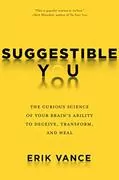
Suggestible You
Erik Vance
Exploration of the power of suggestion and the placebo effect on health and behavior.
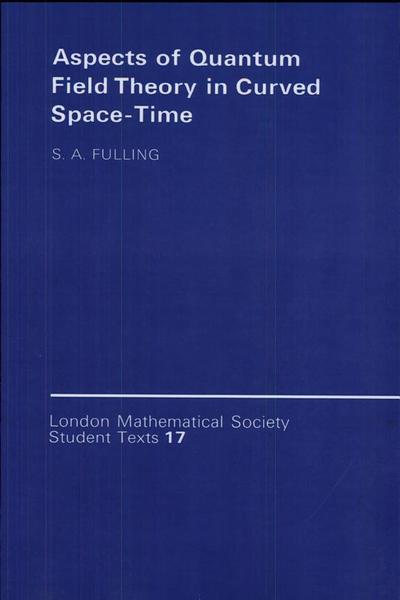
Aspects of Quantum Field Theory in Curved Spacetime
Stephen A. Fulling
Advanced textbook on quantum field theory in the context of curved spacetime.
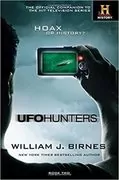
UFO Hunters
William J. Birnes
Investigation into UFO sightings and theories about extraterrestrial life.
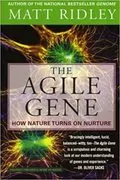
The Agile Gene
Matt Ridley
Exploration of genetics, behavior, and the nature vs. nurture debate.
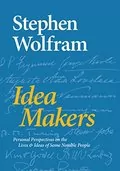
Idea Makers
Stephen Wolfram
Profiles of innovators who have contributed to science, technology, and mathematics.
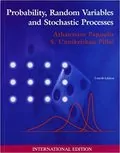
Probability, Random Variables and Stochastic Processes
Athanasios Papoulis
Advanced textbook on probability theory and stochastic processes.
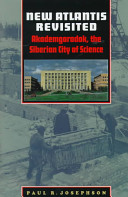
New Atlantis Revisited
Paul R. Josephson
Analysis of modern science and technology and its social implications.
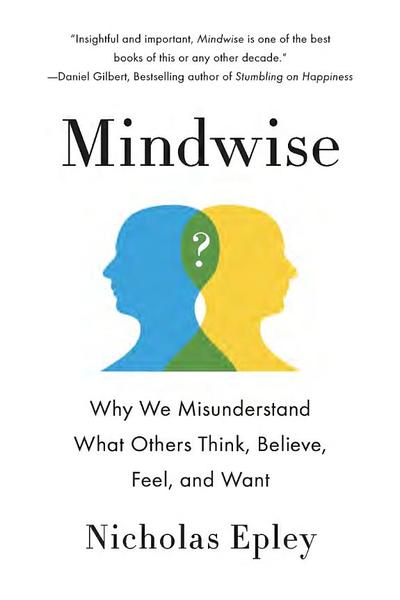
Mindwise
Nicholas Epley
Exploration of social psychology, focusing on understanding others' thoughts and emotions.
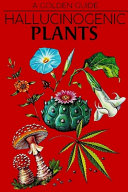
Hallucinogenic Plants
Richard Evans Schultes
Exploration of psychoactive plants and their cultural significance.
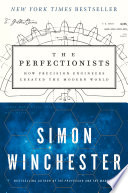
The Perfectionists
Simon Winchester
History of precision engineering and its impact on modern technology.
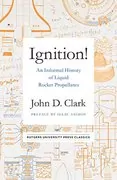
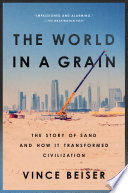
The World in a Grain
Vince Beiser
Examination of sand as a vital resource and its global impact.
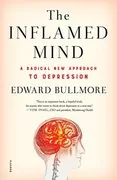
The Inflamed Mind
Edward Bullmore
Exploration of the link between inflammation and mental health.
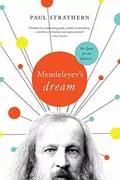
Mendeleyev's Dream
Paul Strathern
Explores the history and impact of Dmitri Mendeleyev's periodic table of elements.

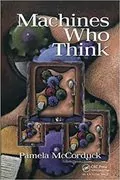
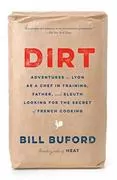
Dirt
Bill Buford
Explores the history of soil degradation and its impact on human civilizations.
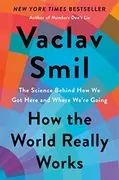
How the World Really Works
Vaclav Smil
Insights into the hidden mechanisms that drive society and industry.
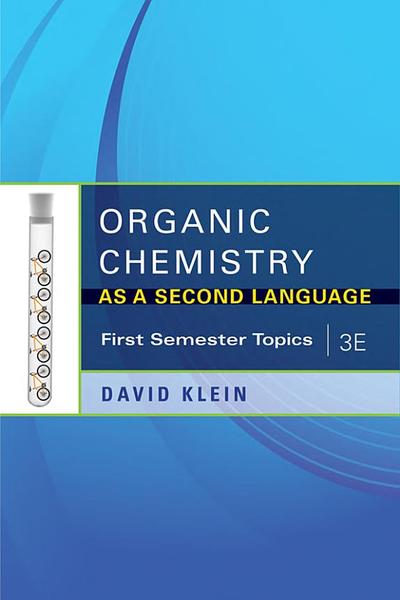
Organic Chemistry as a Second Language
David R. Klein
Simplified approach to understanding organic chemistry.
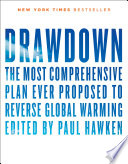
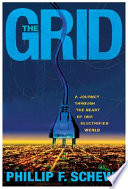
The Grid
Phillip F. Schewe
Explores the U.S. power grid, discussing its history, current challenges, and the future of energy distribution.
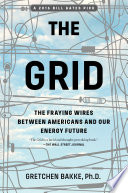
The Grid
Gretchen Bakke
Explores the U.S. power grid, discussing its history, current challenges, and the future of energy distribution.
